Shopify Digital Products Apps: DPL ‑ Selling Codes App vs Tuneboom

Table of Contents
- Introduction
- How Does DPL ‑ Selling Codes App Work?
- How Does Tuneboom Work?
- How Much Does DPL ‑ Selling Codes App Cost?
- How Much Does Tuneboom Cost?
- Cost Analysis: DPL ‑ Selling Codes App vs. Tuneboom
- User Reviews & Customer Support Insights
- Integration and Compatibility Comparison
- Conclusion
Introduction
In today’s thriving e-commerce landscape, digital products are becoming a significant revenue stream for businesses across various industries. Research indicates that the digital products market is expected to grow exponentially, making it vital for merchants to leverage effective tools to optimize sales. Digital product apps play a crucial role in enhancing the selling experience, improving customer interactions, and streamlining transaction processes.
Two popular choices in this domain are the DPL ‑ Selling Codes app and Tuneboom. Both apps provide merchants the capability to sell a wide range of digital products, though they cater to different needs and use cases. In this blog, we will evaluate their capabilities, ease of integration with relevant platforms, and their impact on overall user experience.
How Does DPL ‑ Selling Codes App Work?
DPL ‑ Selling Codes app is designed to help merchants with selling digital products, particularly products that require access codes like game keys and software licenses. Setting up the DPL app is straightforward, allowing businesses to start selling quickly.
Key Features of DPL ‑ Selling Codes App
-
Order Management: DPL provides various pricing tiers that enable merchants to manage a specific number of orders monthly. Ranging from 300 to 2000 orders depending on the chosen plan, this flexibility is beneficial for startups and larger enterprises.
-
Customizable Email Templates: Merchants can create both product-specific and personal branded email templates. This customization enhances communication with customers, making transactions feel more personalized.
-
SMS Integration: The app offers SMS integration, allowing businesses to send important updates and codes directly to customers' phones. This feature improves engagement and ensures timely delivery, especially for products requiring immediate access.
-
Auto-Fulfillment Upon Payment: This feature automates the order fulfillment process, reducing the workload for merchants and ensuring that customers receive their products without delay. This enhances customer satisfaction significantly.
-
Anti-Fraud Features: Advanced security options help mitigate risks by preventing codes from being sent if an order is deemed risky. This protection is vital for businesses that want to safeguard their digital products.
Utility Across Business Sizes
For startups, the Basic Plan allows a beginner-friendly entry point with essential features. Small to medium businesses would find the Pro Plan ideal, providing additional support and the opportunity to manage a higher order volume. Larger enterprises might benefit from the Premium Plan, which offers a more extensive order management system and robust support channels.
Hypothetical Scenarios
Imagine a gaming startup using the DPL app's SMS integration during a launch event. Customers receive immediate access codes via text right after purchasing, leading to a satisfying buying experience. In another scenario, a medium-sized software company can utilize the custom email templates to maintain brand consistency, fostering trust with its customers.
How Does Tuneboom Work?
Tuneboom primarily serves musicians and audio producers, enabling them to sell singles, albums, and playlists. The platform stands out for its focus on audio products, offering a niche selection of features tailored for the music industry.
Key Features of Tuneboom
-
Track and Album Management: Users can sell an extensive collection of audio tracks and albums, making it suitable for independent artists looking to monetize their music.
-
Embedded Music Player: This feature allows customers to preview tracks before purchasing, enhancing engagement and potentially leading to higher conversion rates.
-
Customizable Emails: Much like DPL, Tuneboom allows merchants to customize their email communications to align with their branding, promoting a cohesive experience.
-
Licensing Options and Tiered Pricing: For producers selling beats, Tuneboom offers the ability to set up tiered pricing, allowing for better control over the sales process.
Utility Across Business Sizes
For startups, the Free plan allows new artists to showcase their music without any upfront costs. Small to medium music producers can utilize the Basic Plan to expand their offerings, while larger music labels may find the Pro Plan beneficial for managing a larger catalog of music.
Hypothetical Scenarios
Think of an independent artist who utilizes Tuneboom’s embedded player to allow fans the chance to hear snippets of songs before buying. This leads to an uplift in sales due to enhanced customer engagement, which is critical in the competitive music industry.
How Much Does DPL ‑ Selling Codes App Cost?
Finding cost-effective solutions is crucial for businesses that want to maximize profits while minimizing expenses. Here’s an overview of the pricing structure for the DPL ‑ Selling Codes app:
Pricing Plans
-
Basic Plan ($15/month)
- Features: Manage up to 300 orders monthly, product-specific email template, personal branded email template, SMS Integration, and auto-fulfill on payment.
- Limitations: Limited to 300 orders, which may not suit larger operations.
- Target Audience: Ideal for startups or small businesses just getting started.
- Additional Costs: None identified.
-
Pro Plan ($29/month)
- Features: Manage up to 800 orders monthly, includes live chat support 24/7, and all features from the Basic Plan.
- Limitations: Suitable for moderately busy businesses; larger companies may find this restrictive.
- Target Audience: Small to medium businesses looking for support.
- Additional Costs: None identified.
-
Premium Plan ($44/month)
- Features: Manage up to 2000 orders monthly, with 24/7 live chat support and features from the Pro Plan.
- Limitations: The price may be steep for startups with minimal sales.
- Target Audience: Designed for larger enterprises that require robust support and order processing.
- Additional Costs: None identified.
It is important to note that you can always reach out to our team and we can create a custom pricing plan to suit your needs and your budget. Schedule a call via this link and we’ll come up with the best solution for you and your business.
How Much Does Tuneboom Cost?
Evaluating the cost structure of Tuneboom reveals a different focus in its pricing strategy, which may or may not suit your business needs.
Pricing Plans
-
Free Plan
- Features: Up to 5 tracks, audio previews, and automated order fulfillment.
- Limitations: Extremely limited in terms of tracks; likely too restricting for serious musicians.
- Target Audience: Best for beginners looking to test the waters.
- Additional Costs: None identified.
-
Basic Plan ($19.99/month)
- Features: All free features plus the ability to upload up to 100 tracks and sell playlists.
- Limitations: Still a limited number of tracks compared to the offerings from other apps.
- Target Audience: Small music producers expanding their catalog.
- Additional Costs: None identified.
-
Pro Plan ($29.99/month)
- Features: All basic features plus the ability to manage up to 500 tracks, 50 licenses, and bulk track uploads.
- Limitations: More suitable for larger catalog management but still limited.
- Target Audience: Larger music producers and small labels.
- Additional Costs: None identified.
Cost Analysis: DPL ‑ Selling Codes App vs. Tuneboom
When comparing the pricing of both apps, it becomes clear that the DPL ‑ Selling Codes app offers a better value proposition across different scales of operations due to its tiered pricing structure. The DPL app's lowest tier begins at a modest $15, engaging users who are about to start their journey in the digital products market. In contrast, while Tuneboom offers a free entry point, it has limitations that may hinder potential sales growth.
Moreover, as businesses scale, DPL provides plans that cater to varying order volumes, ensuring that merchants can upgrade seamlessly as their order volumes increase. Given the sheer volume of orders managed and features included, DPL proves to be a more cost-effective solution.
User Reviews & Customer Support Insights
Is DPL ‑ Selling Codes App Good?
The DPL app shines with an impressive 5-star rating and 64 reviews. Users frequently commend its intuitive design and powerful features, highlighting its ability to manage orders efficiently. Since its launch in June 2020, DPL's consistent updates and responsive customer service contribute to its high satisfaction rate.
Is Tuneboom Good?
Conversely, Tuneboom struggles with an average rating of 2.2 stars across 18 reviews. Users have expressed concerns regarding its usability and limitations in functionality. Many appreciate the concept but find the implementation lacking when compared to other available tools.
Customer support can significantly shape user experiences. Tuneboom has received critiques for slow response times, which can deter potential customers.
User Preference: DPL ‑ Selling Codes App or Tuneboom?
Based on average ratings, evidenced user satisfaction clearly favors the DPL ‑ Selling Codes app. This app consistently provides features that enhance user experiences, making it a more valuable tool for merchants seeking to sell digital products. In contrast, Tuneboom's challenges in user experience and ratings suggest it may not be the most reliable option.
Integration and Compatibility Comparison
DPL ‑ Selling Codes App Integrations
DPL has a flexible integration setup, allowing it to work effectively with various platforms. Its ease of use ensures that merchants can quickly start selling without extensive technical knowledge, enhancing overall usability.
Tuneboom Integrations
Tuneboom does not disclose specific integrations, which could limit its functionality compared to DPL. This lack of compatibility may reduce its overall operational efficiency for users, especially those who rely on cross-platform management.
Conclusion
Both the DPL ‑ Selling Codes app and Tuneboom offer robust solutions in the digital products marketplace. Nevertheless, DPL stands out due to its user-friendly design, rich feature set, and competitive pricing structures. With an impressive 5-star rating and reliable customer support, DPL seems like the more favorable choice for businesses of all sizes focusing on digital products. While Tuneboom serves a niche market within music selling, its limitations and lower ratings highlight where DPL ‑ Selling Codes app's comprehensive approach and adaptability place it ahead in the digital products landscape.
Still Searching for the Perfect Digital Downloads Solution?
Stop searching and start thriving with Sky Pilot! This powerful app lets you sell and deliver digital products instantly, supercharging your Shopify store’s capabilities.
Why Choose Sky Pilot?
- Instant Delivery: Sell and deliver e-books, videos, audio files, and more with ease.
- Flexible Options: Set download limits, expiry dates, or offer infinite access. Attach files to products and group them into folders.
- Enhanced Security: Enjoy features like PDF stamping, IP alerts, and account protection.
- 24/7 Support: Benefit from round-the-clock support and a fully guided setup for free.
Join thousands of Shopify merchants who trust Sky Pilot for their digital download needs. With a perfect 5.0-star rating, Sky Pilot is the go-to tool for delivering an exceptional customer experience. Elevate your store by offering unique, high-quality digital products and build stronger customer relationships.
Experience the Sky Pilot difference and watch your Shopify store thrive!
Skypilot vs Competition
Lorem ipsum dolor sit amet, consectetur adipiscing elit, sed do eiusmod tempor incididunt ut labore et dolore magna aliqua. Ut enim ad minim veniam, quis nostrud exercitation ullamco laboris nisi ut aliquip.
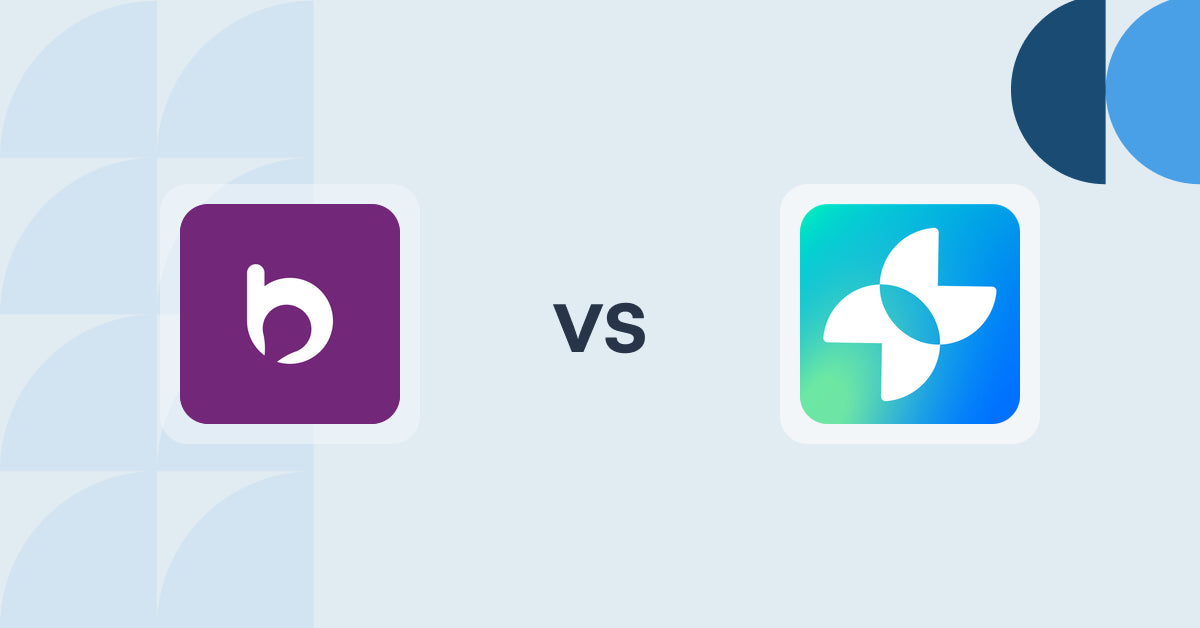
Shopify Digital Products Apps: Binkey Bursements vs. Xesto Fit
Read more
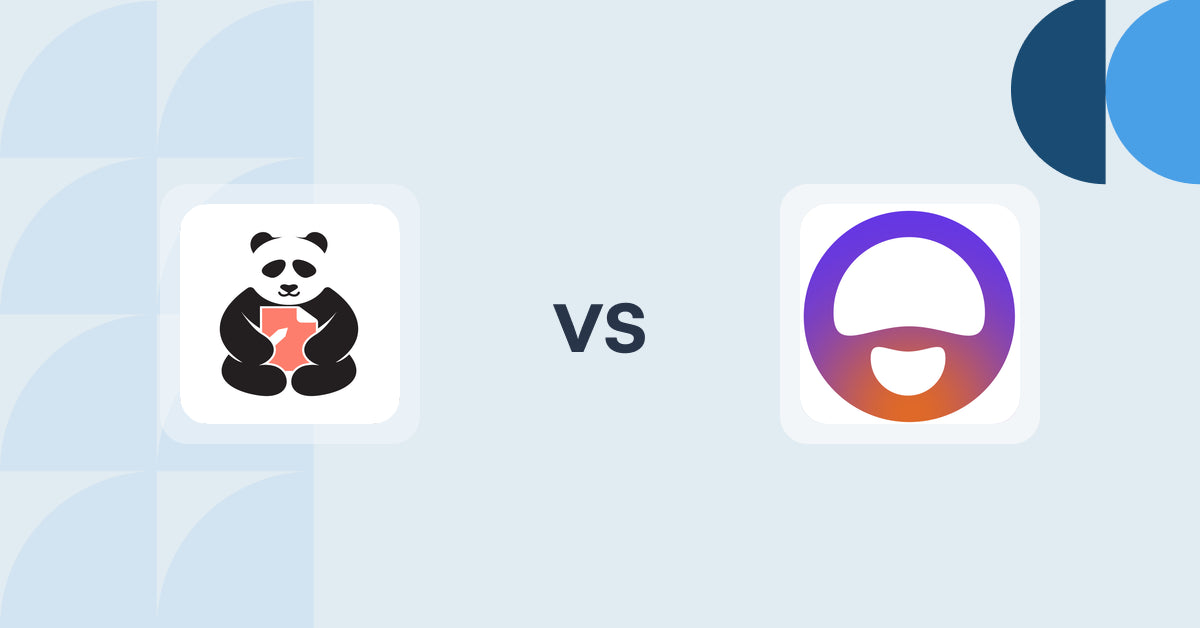
Shopify Digital Products Apps: Waivers E‑Signatures‑SignPanda vs. Keys for Games by Fungies.io
Read more
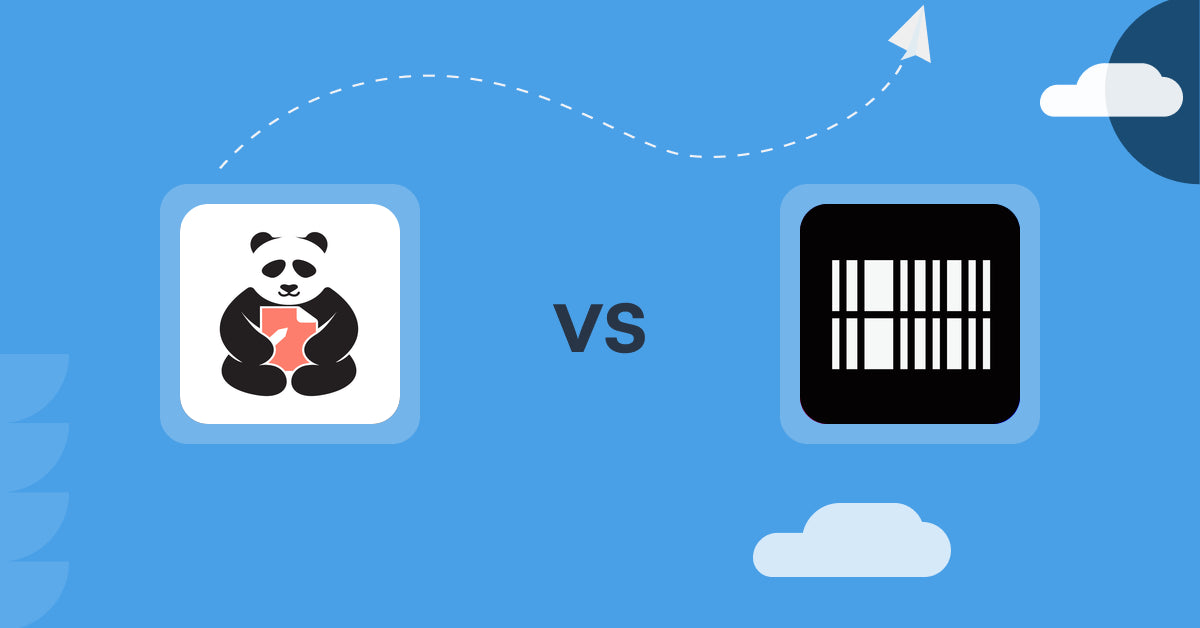
Shopify Digital Products Apps: Waivers E‑Signatures‑SignPanda vs CODEGEN & DELIVERY
Read more
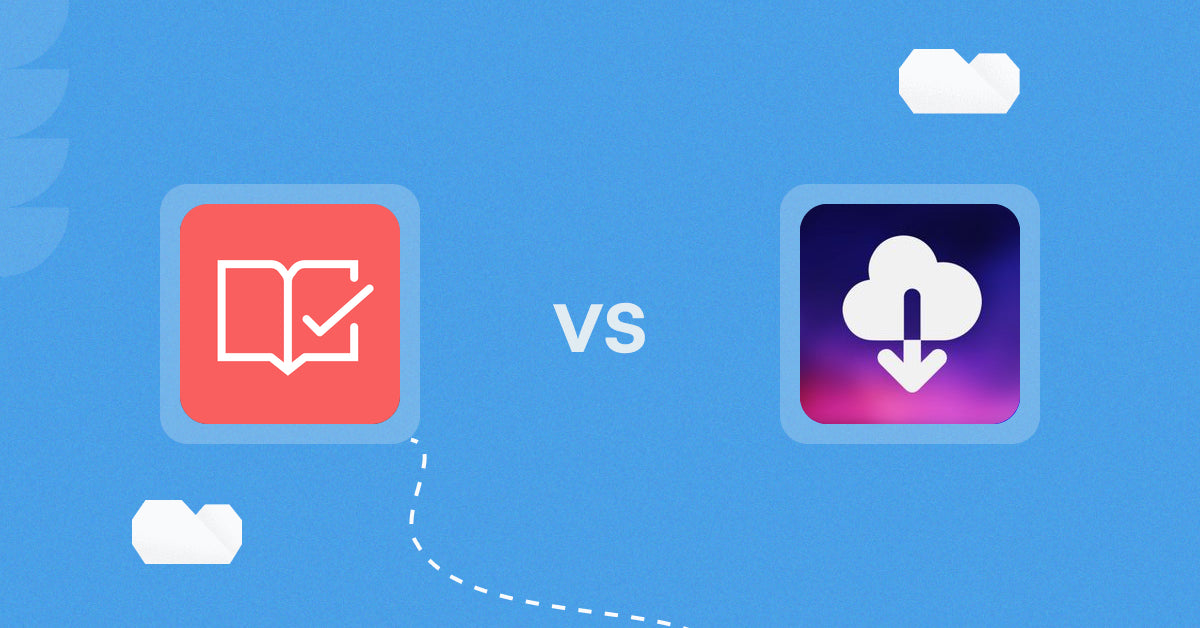
Shopify Digital Products Apps: Appointment Booking App | BTA vs Fileflare Digital Downloads
Read more
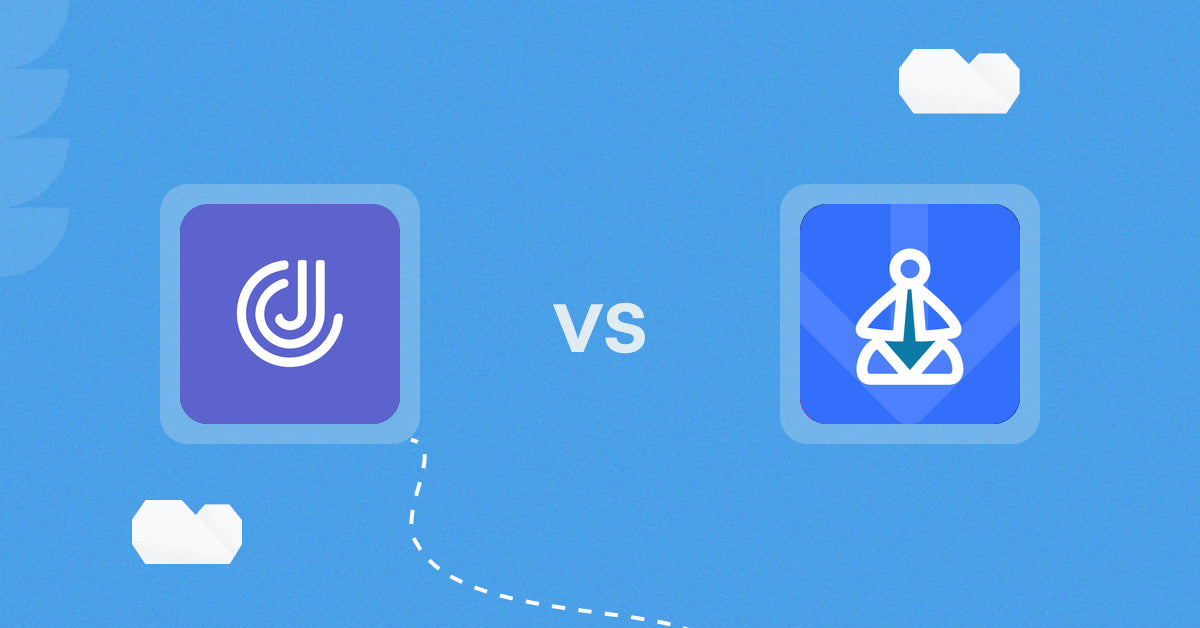
Shopify Digital Products Apps: JustCast vs Digital Downloads ‑ Filemonk
Read more
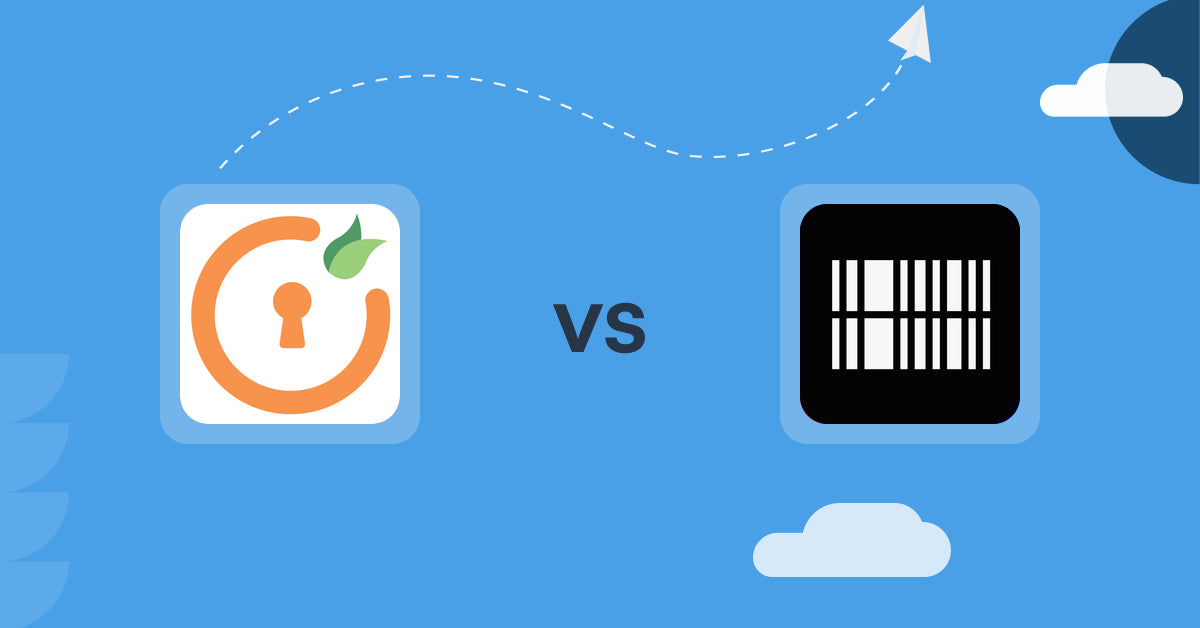
Shopify Digital Products Apps: miniOrange: Course Builder vs CODEGEN & DELIVERY
Read more
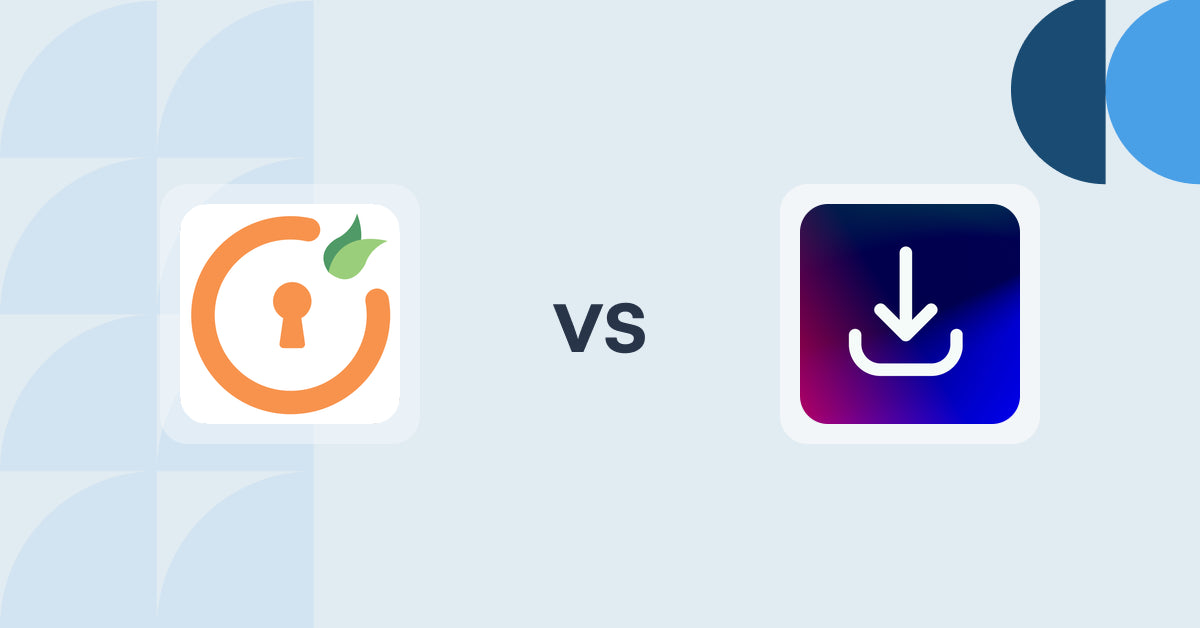
Shopify Digital Products Apps: miniOrange: Course Builder vs Digital Downloads ‑ Sellkite
Read more
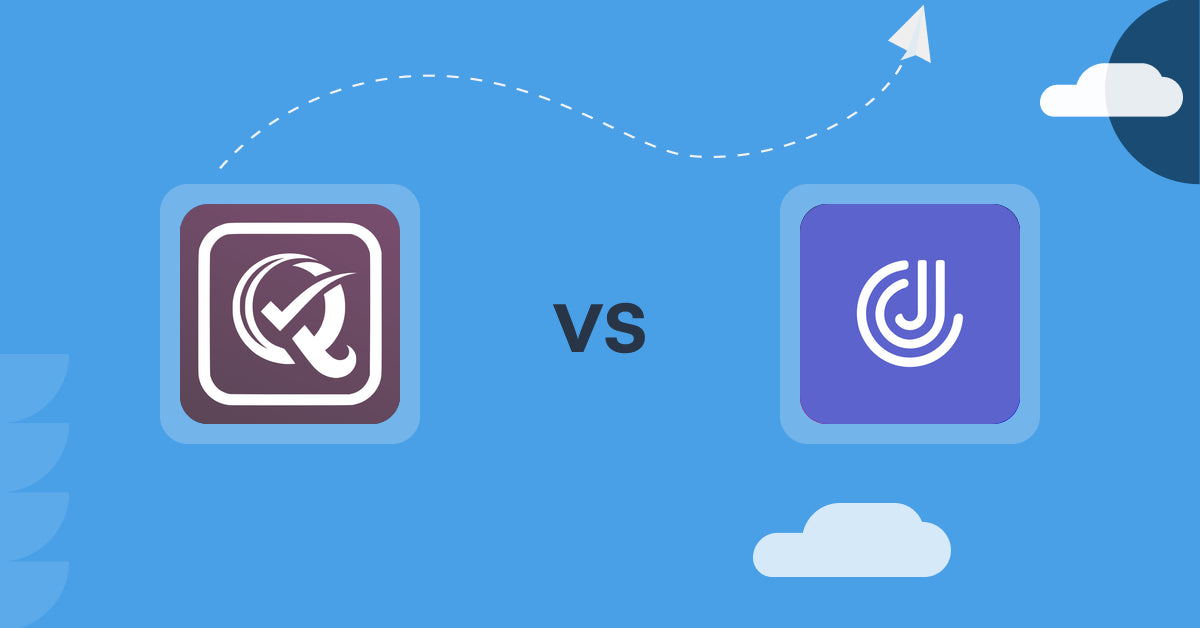
Shopify Digital Products Apps: PaidQuiz vs JustCast
Read more
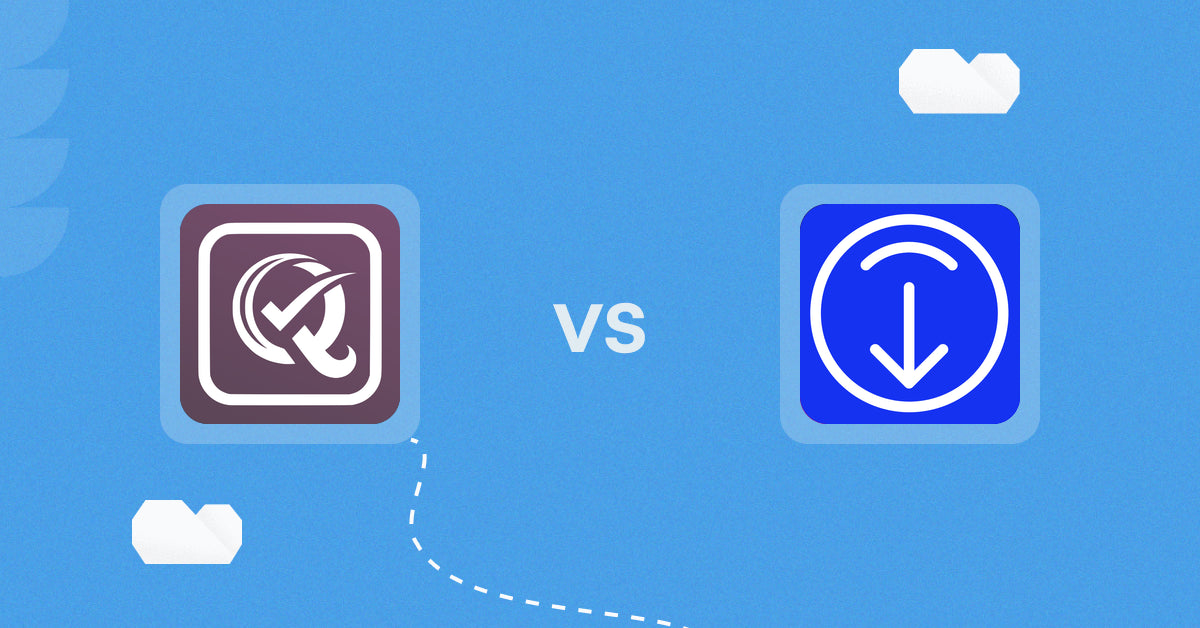
Shopify Digital Products Apps: PaidQuiz vs Digital Downloads - Digitalify
Read more
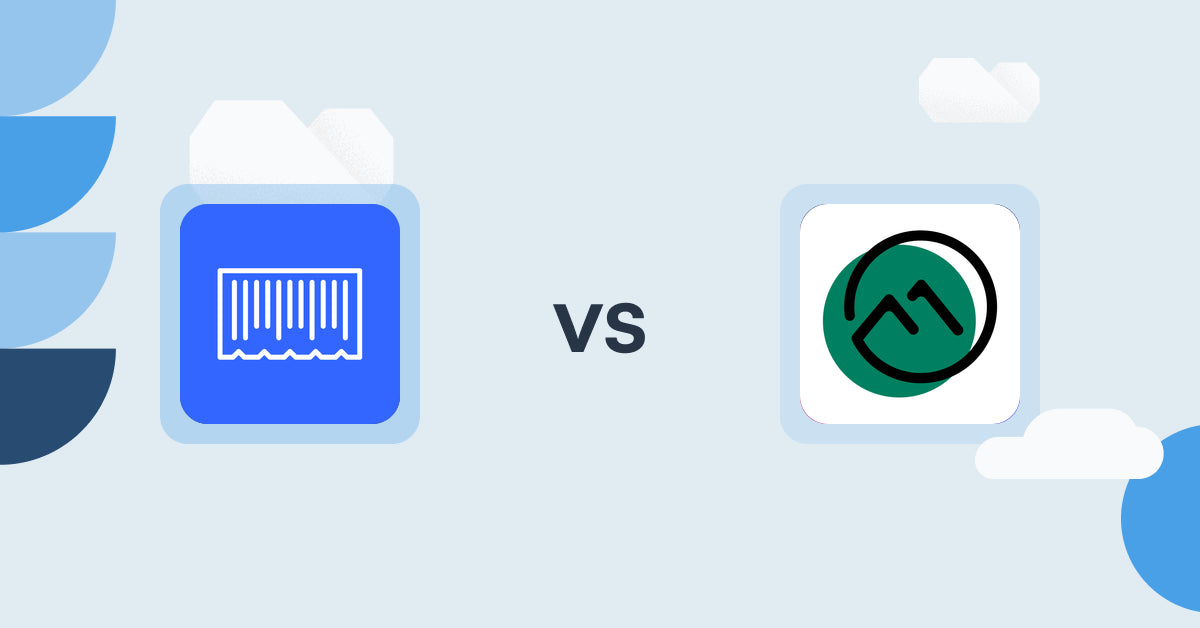
Shopify Digital Products Apps: Palley: Sell Digital Codes vs F+2: Digital Downloads Pro
Read more
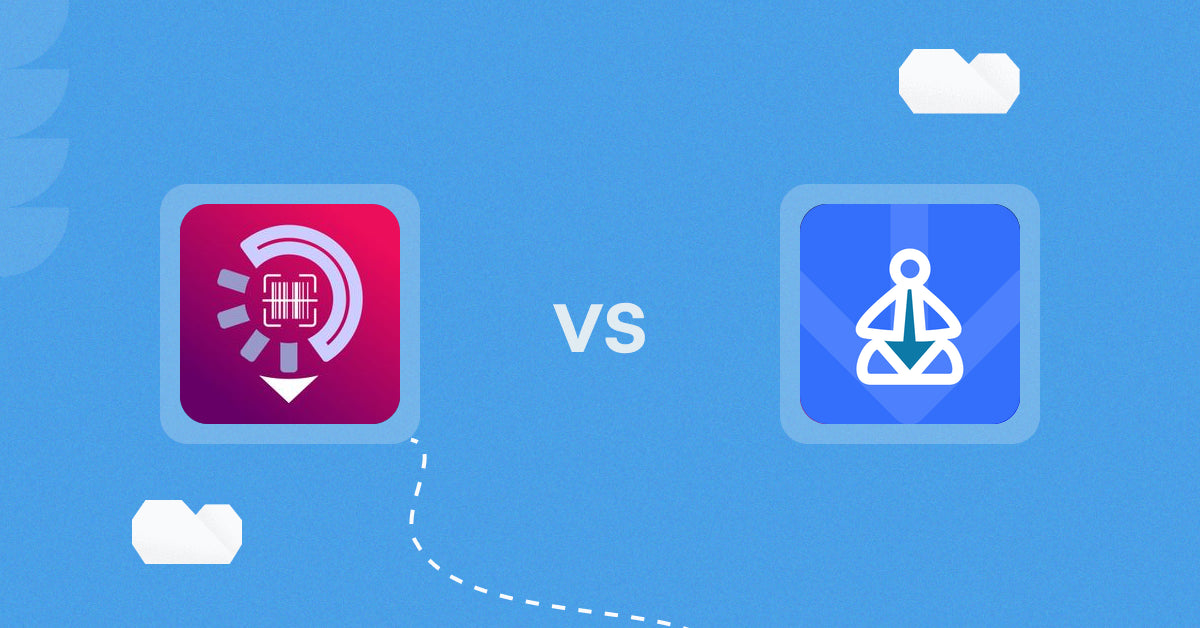
Shopify Digital Products Apps: WIFI‑QR‑Generator vs Digital Downloads ‑ Filemonk
Read more
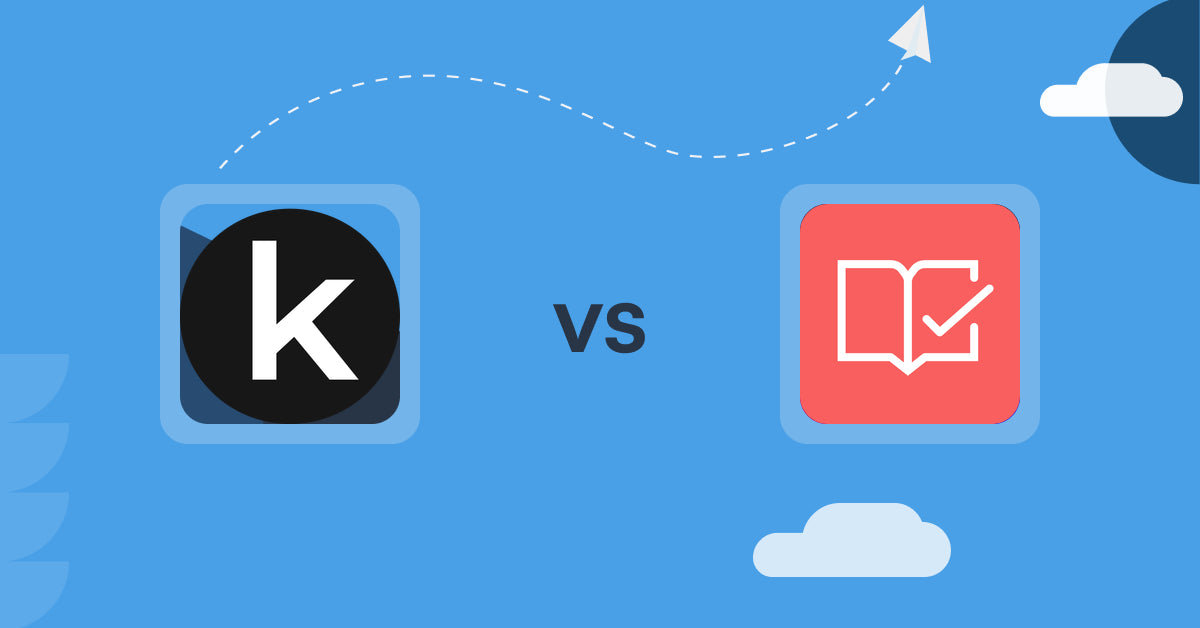
Shopify Digital Products Apps: Keysender vs. Appointment Booking App | BTA
Read more
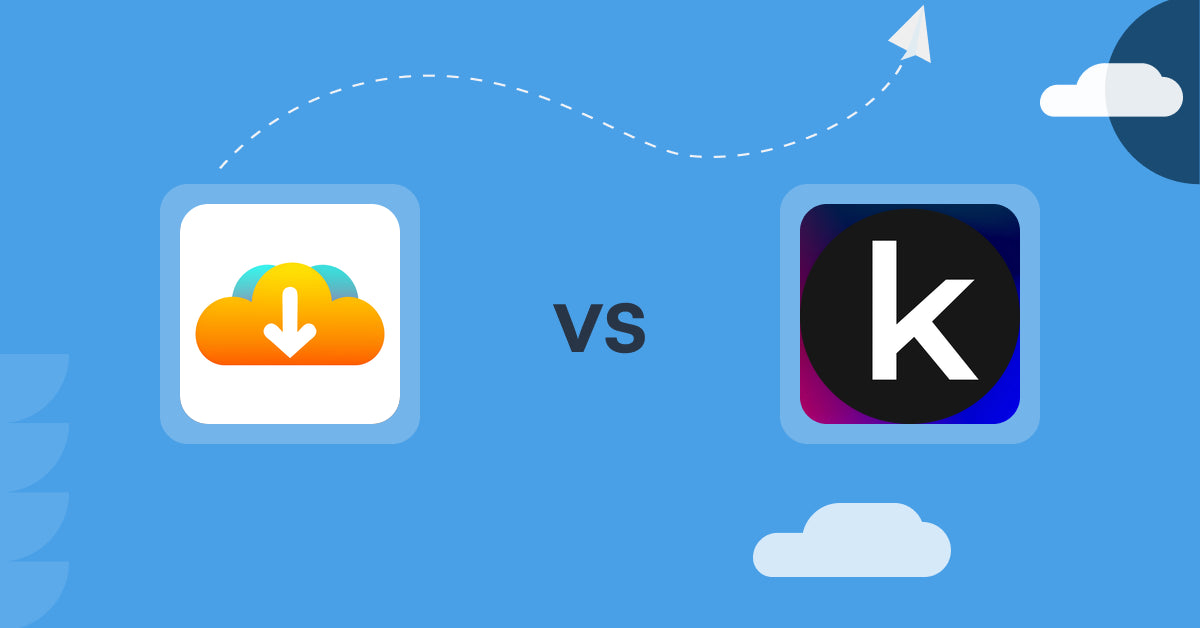
Shopify Digital Products Apps: LinkIT ‑ Sell Digital Products vs Keysender
Read more
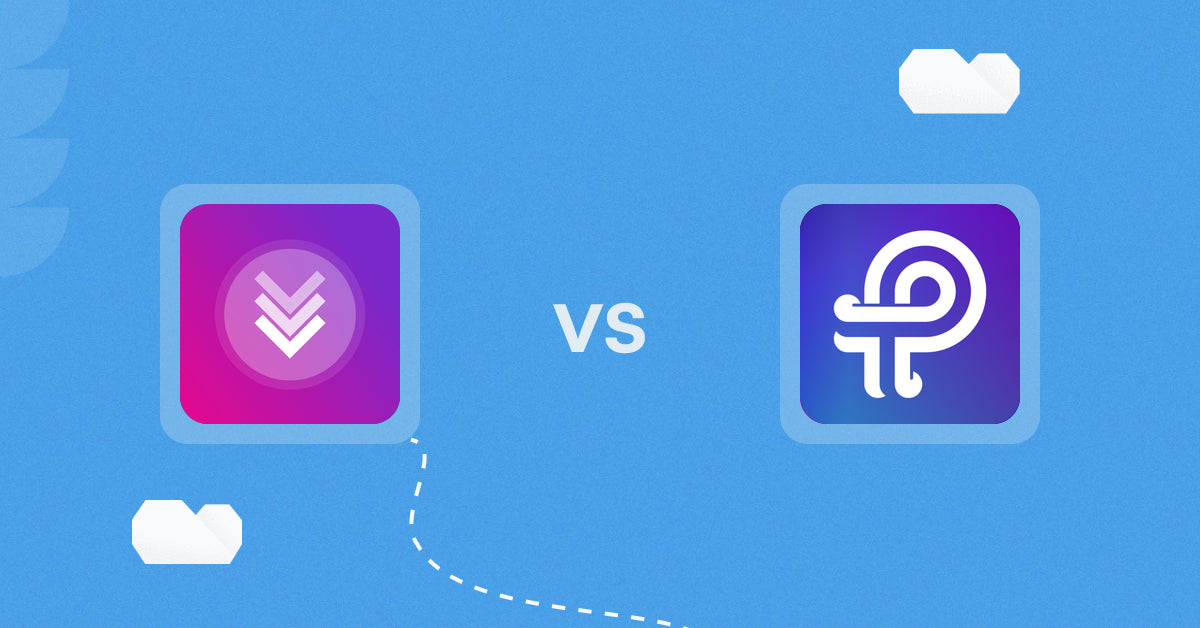
Shopify Digital Products Apps: Downly ‑ Sell Digital Products vs Papertrell ‑ Digital Products
Read more
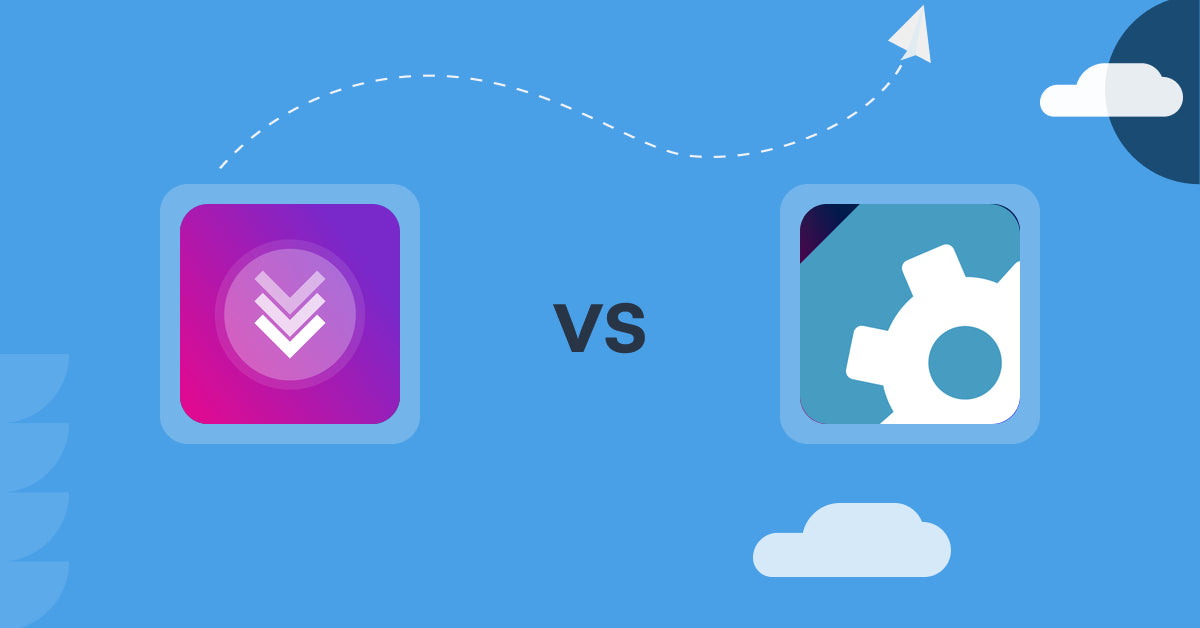
Shopify Digital Products Apps: Downly ‑ Sell Digital Products vs Commerce Components
Read more
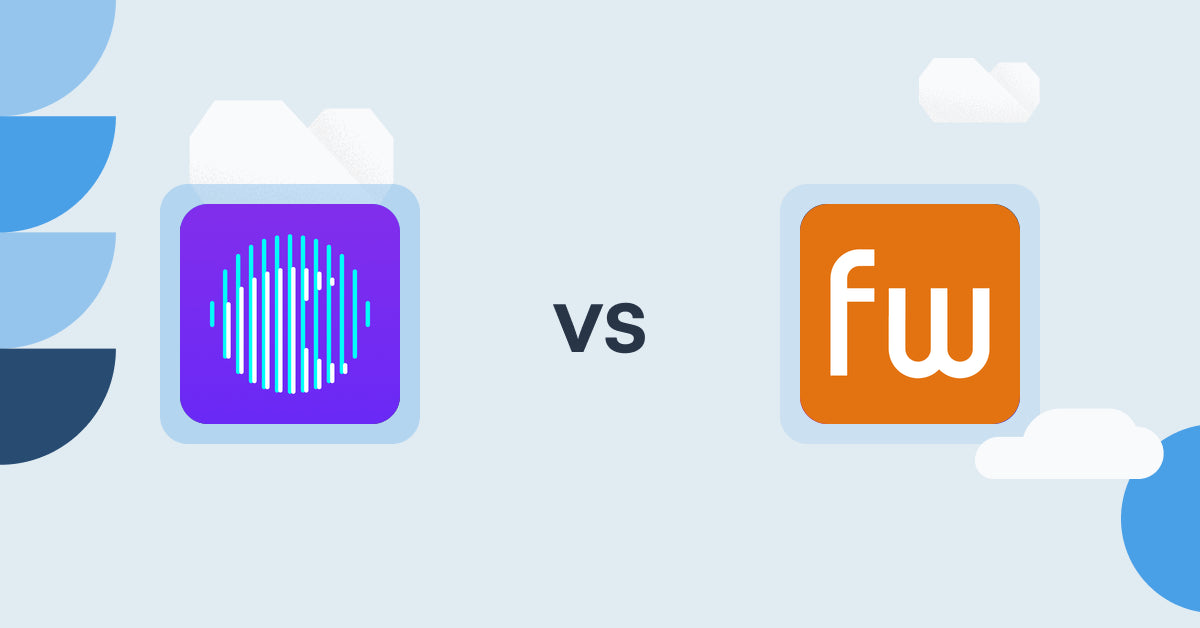
Shopify Digital Products Apps: AWPlayer vs. Firmwater LMS Connect
Read more
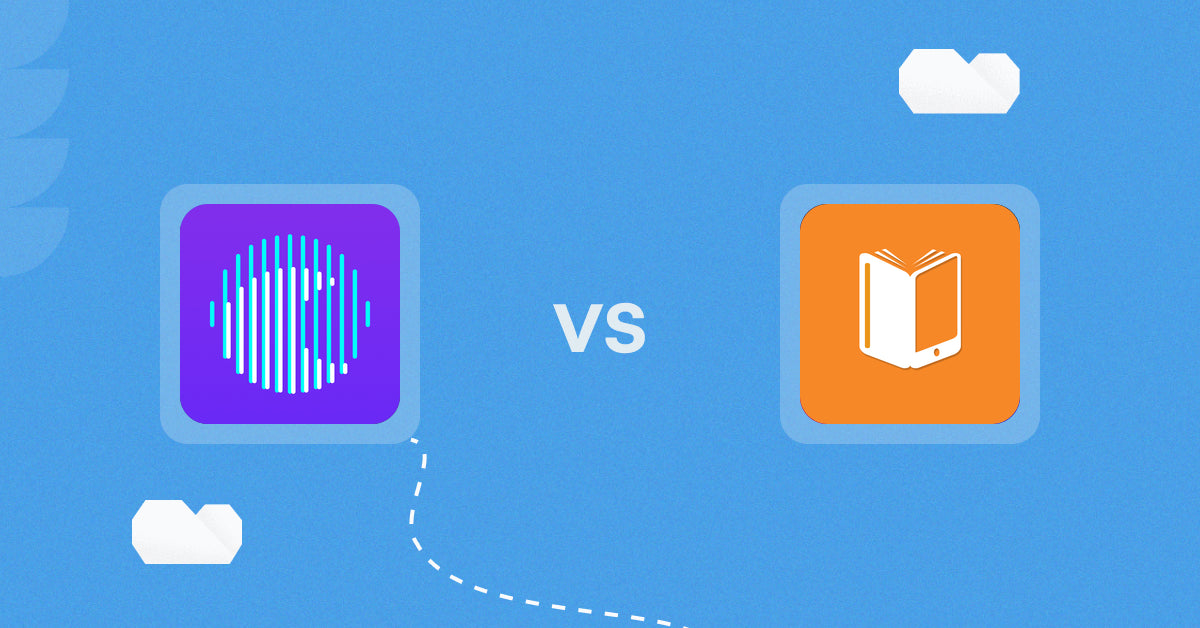
Shopify Digital Products Apps: AWPlayer vs VitalSource Digital Sync
Read more
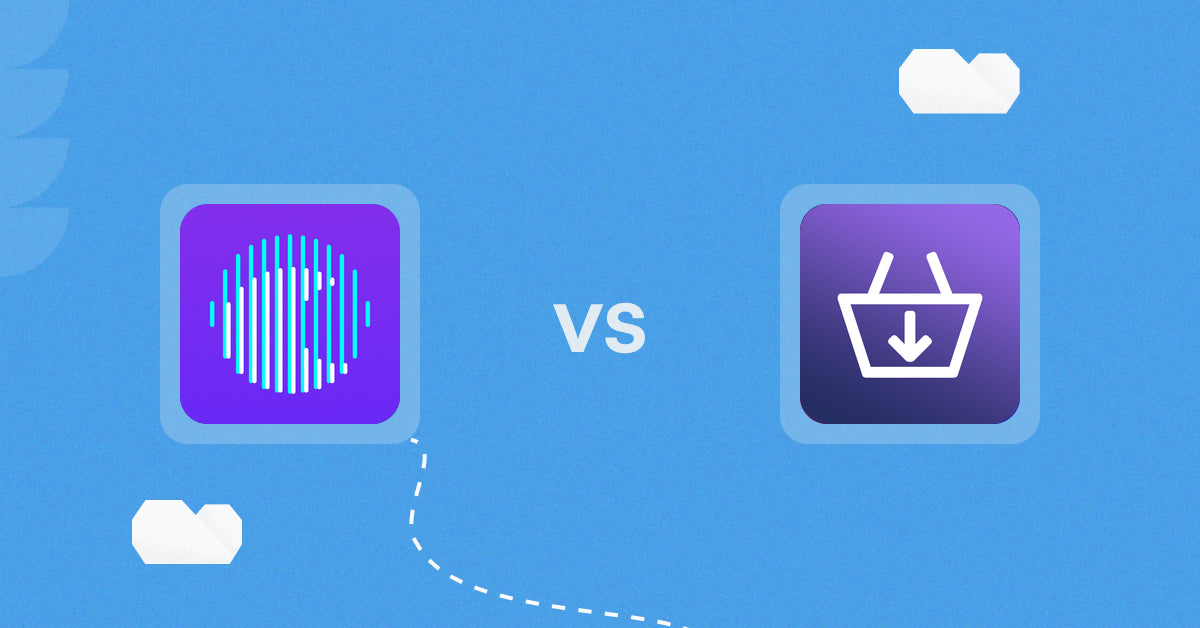
Shopify Digital Products Apps: AWPlayer vs. DigiCart
Read more
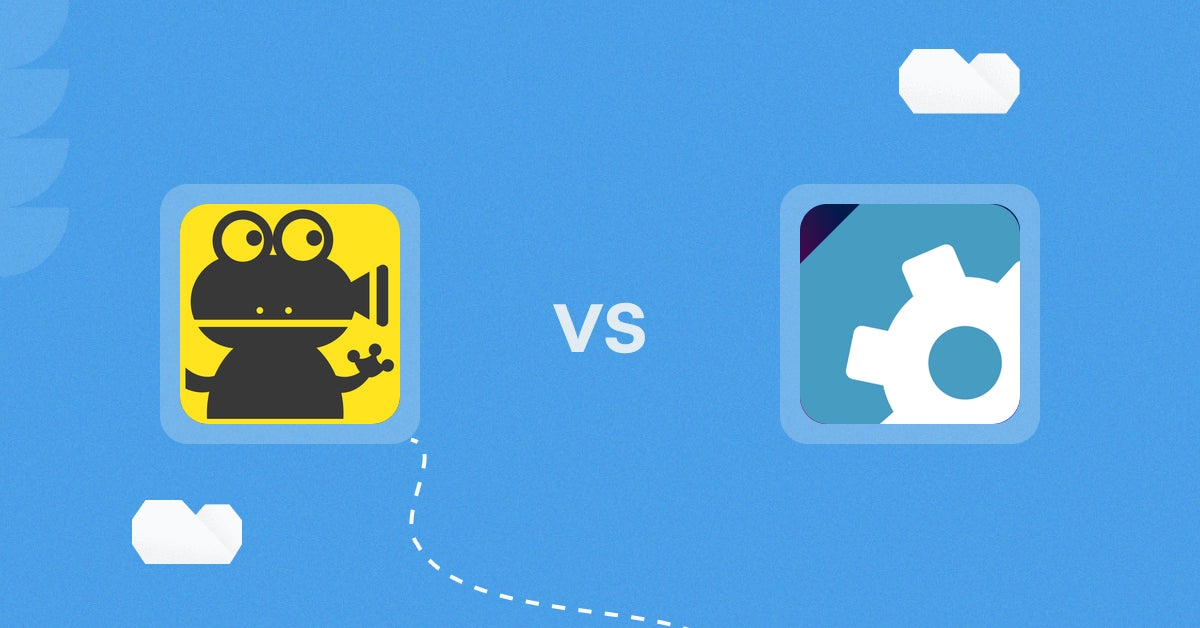
Shopify Digital Products Apps: かんたん動画販売 vs Commerce Components
Read more
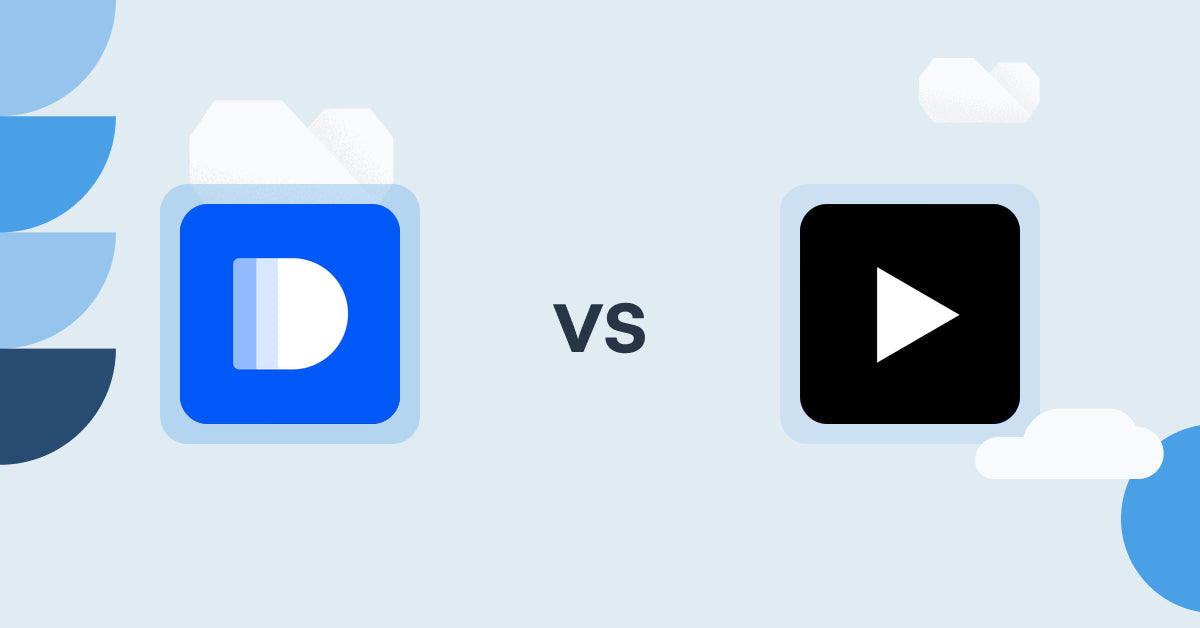
Shopify Digital Products Apps: Create & Sell Digital Products vs Audioly ‑ Sticky Audio Player
Read more
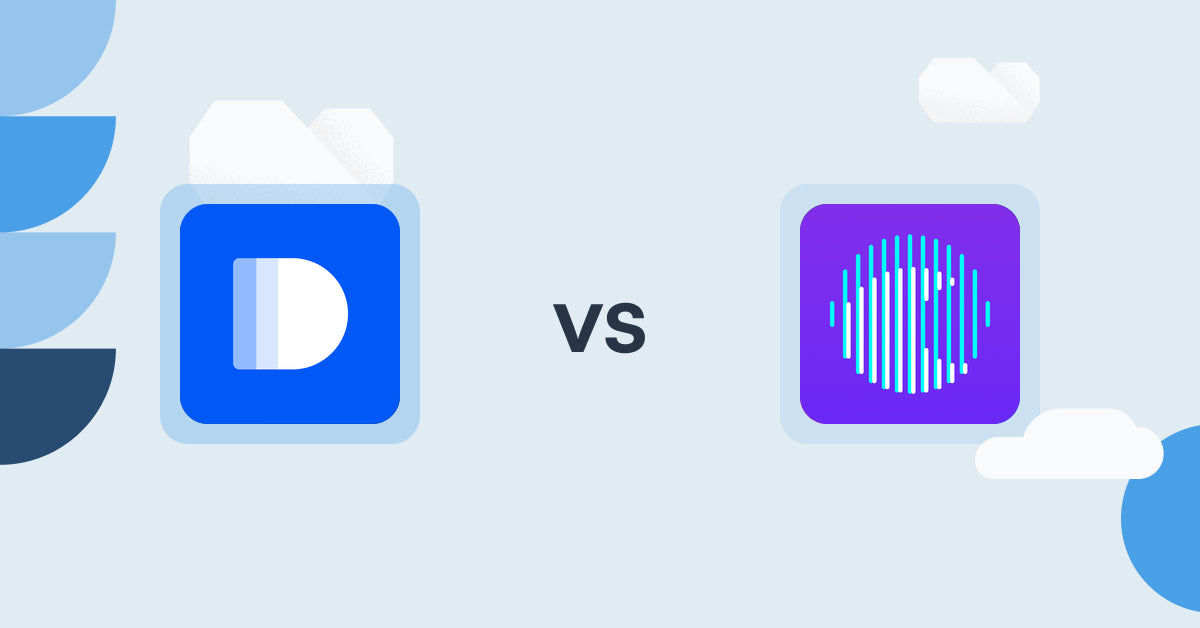
Shopify Digital Products Apps: Create & Sell Digital Products vs. AWPlayer
Read more
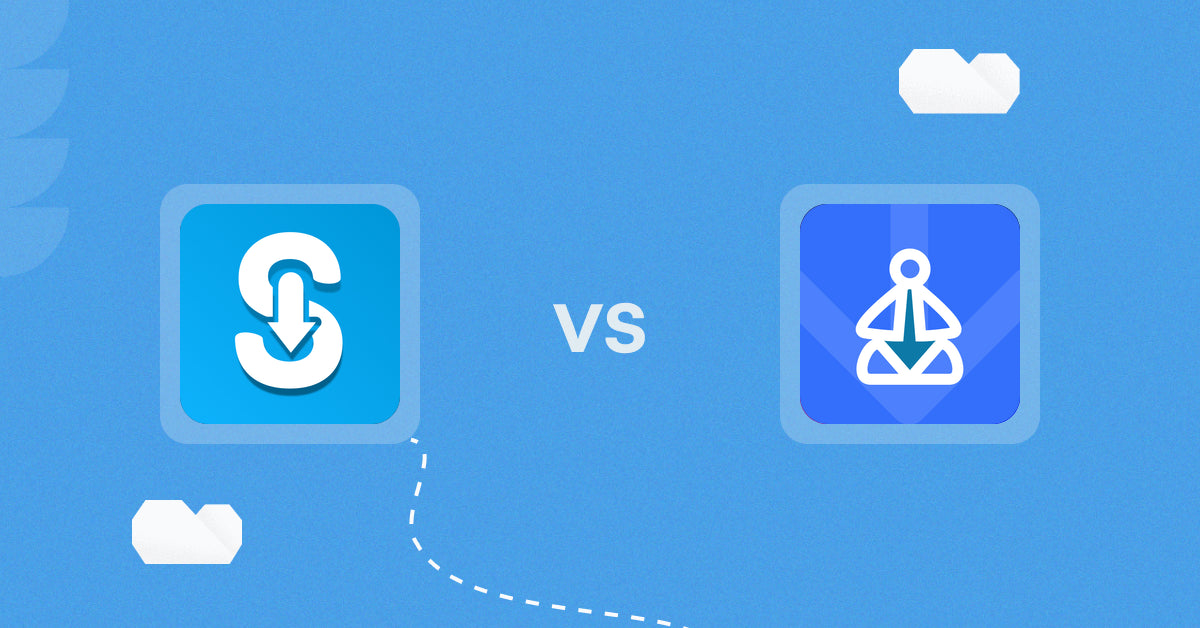
Shopify Digital Products Apps: Sellzzy ‑ Easy Digital Sales vs Digital Downloads ‑ Filemonk
Read more
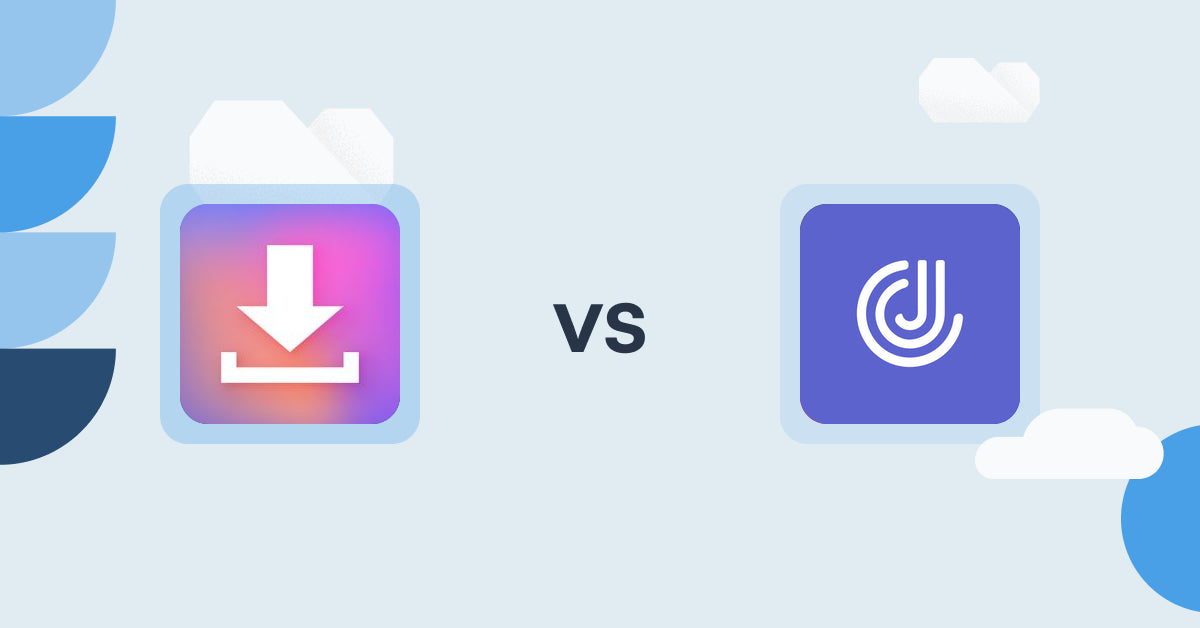
Shopify Digital Products Apps: Simply Digital Download vs. JustCast
Read more
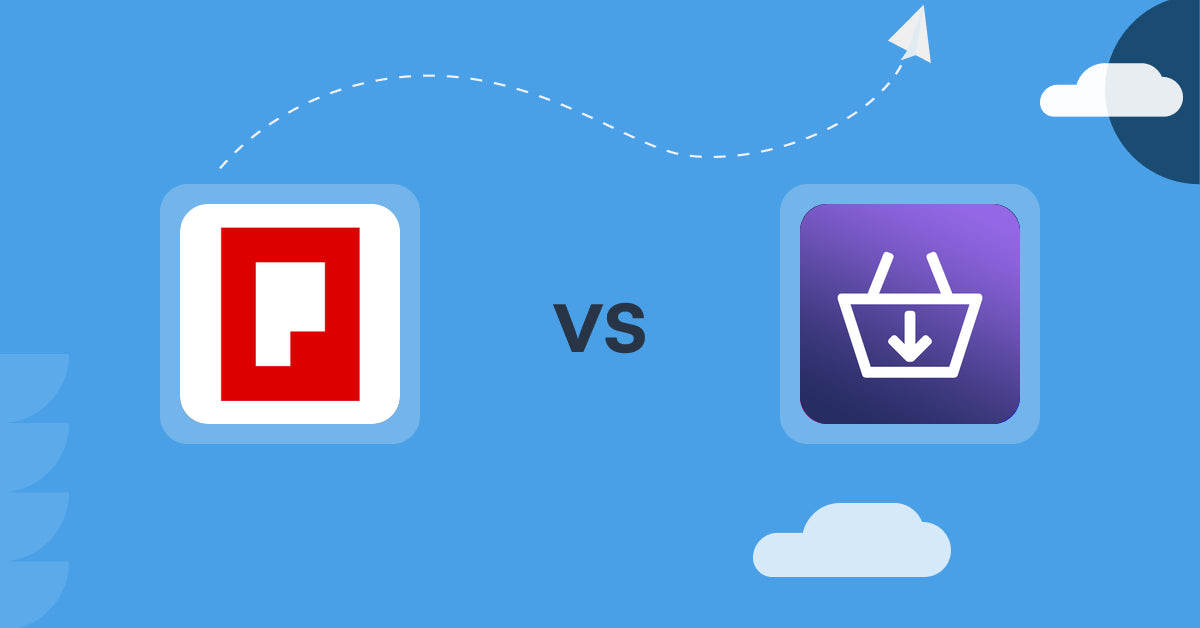
Shopify Digital Products Apps: Pixify ‑ Digital Downloads vs DigiCart
Read more
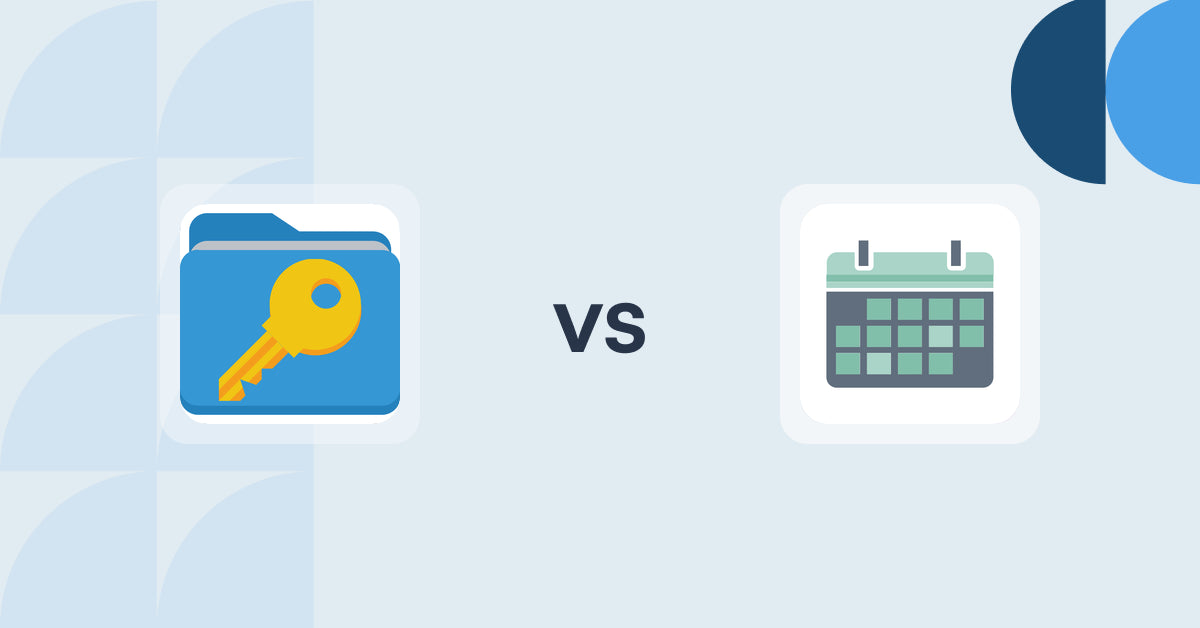
Shopify Digital Products Apps: Keyshop vs Appointment Booking App ointo
Read more
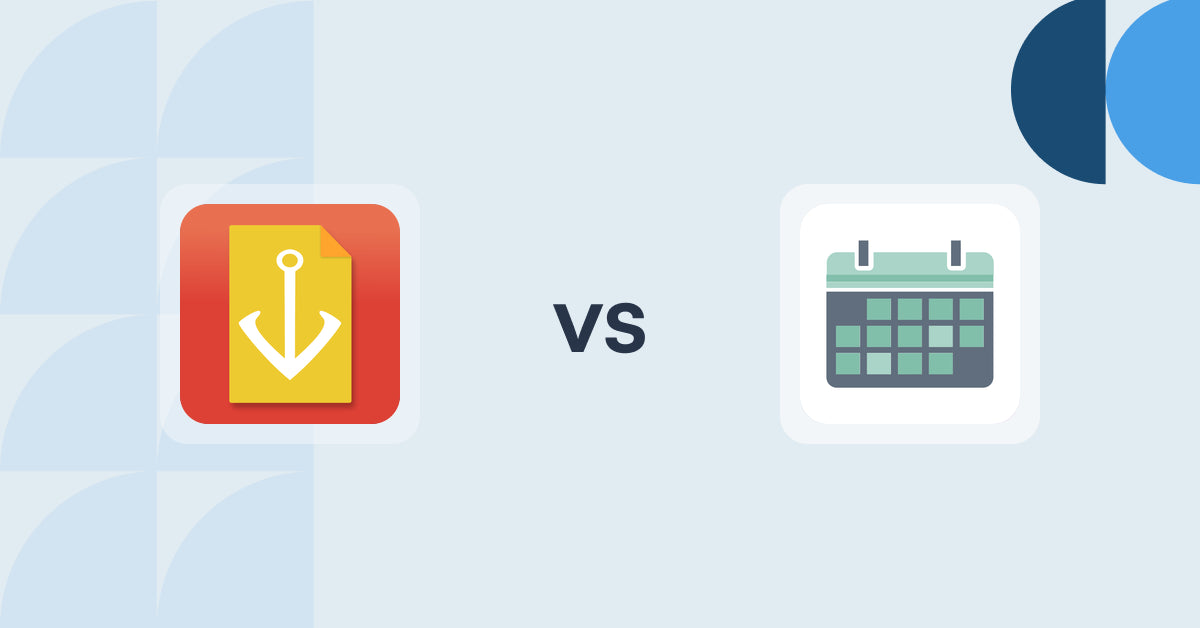
Shopify Digital Products Apps: Digital Products Pro vs Appointment Booking App ointo
Read more
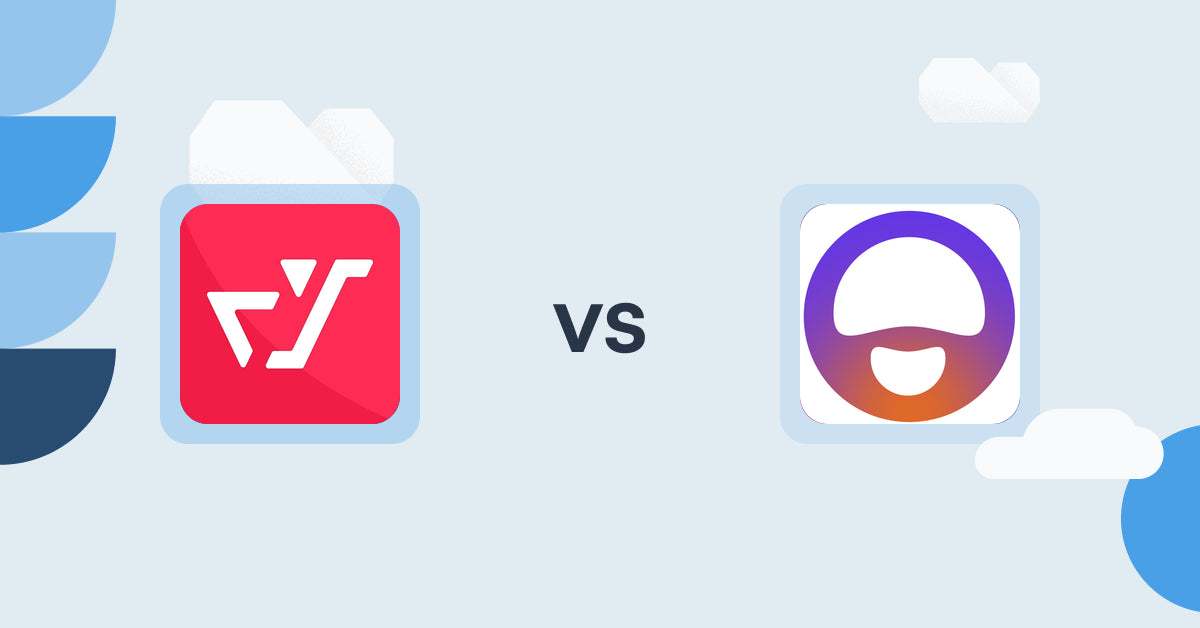
Shopify Digital Products Apps: AnyAsset ‑ Digital Downloads vs Keys for Games by Fungies.io
Read more
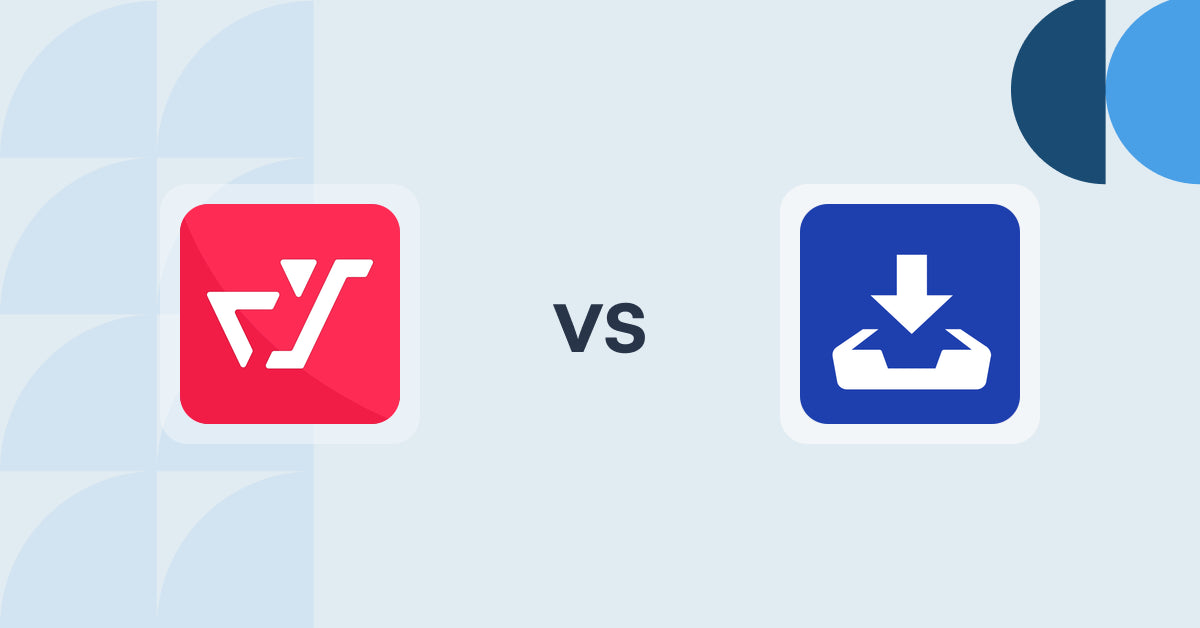
Shopify Digital Products Apps: AnyAsset ‑ Digital Downloads vs Linkifile
Read more
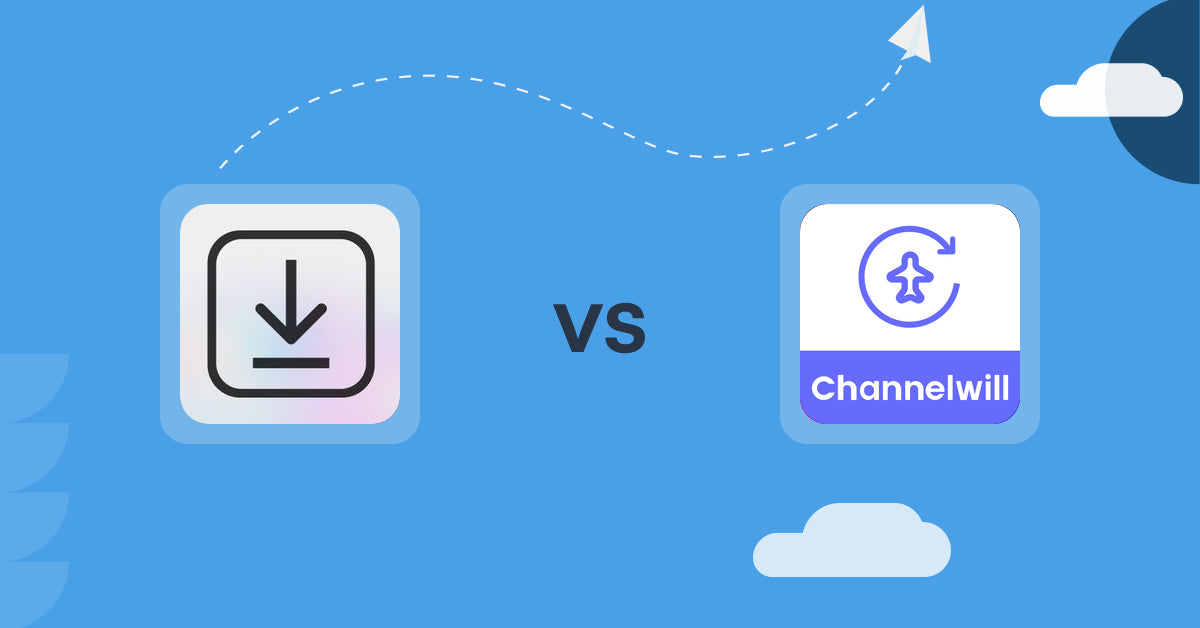
Shopify Digital Products Apps: Linkcase ‑ Digital Products vs Channelwill Upsell Cross Sell
Read more
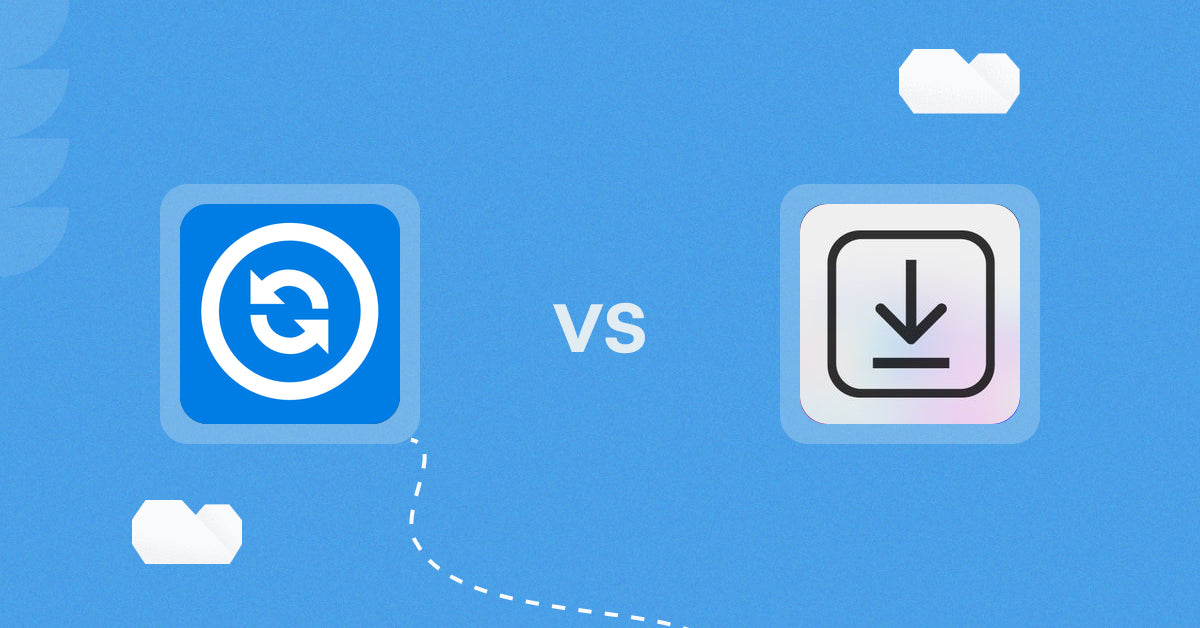
Shopify Digital Products Apps: ShopShare vs. Linkcase - Digital Products
Read more
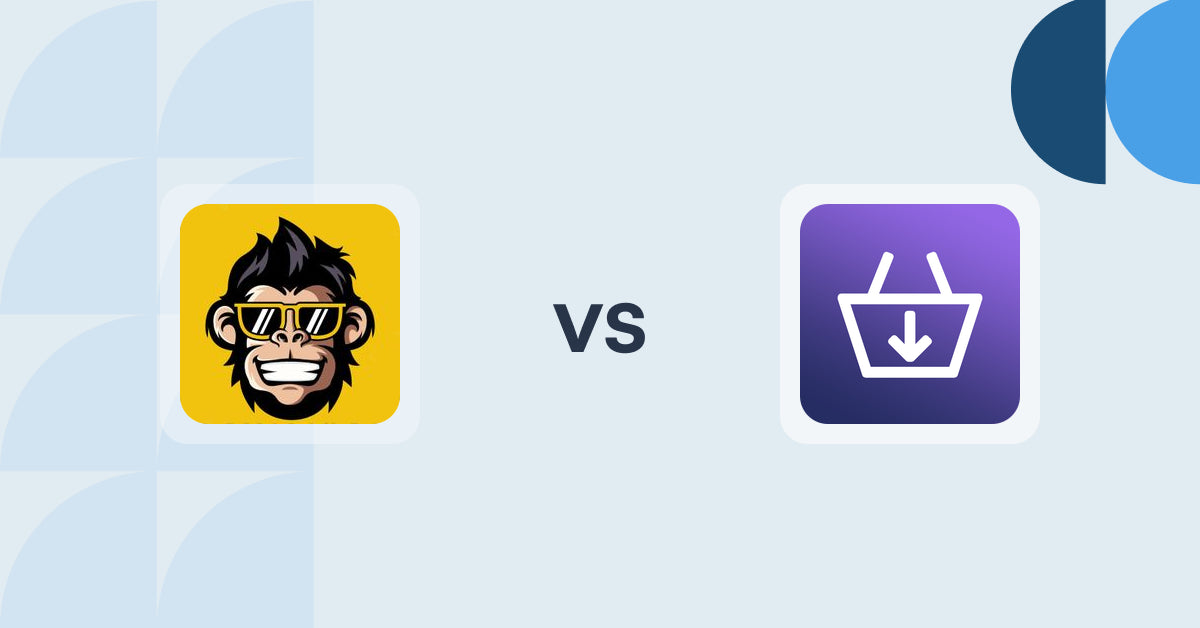
Shopify Digital Products Apps: Online Courses Ape vs DigiCart
Read more
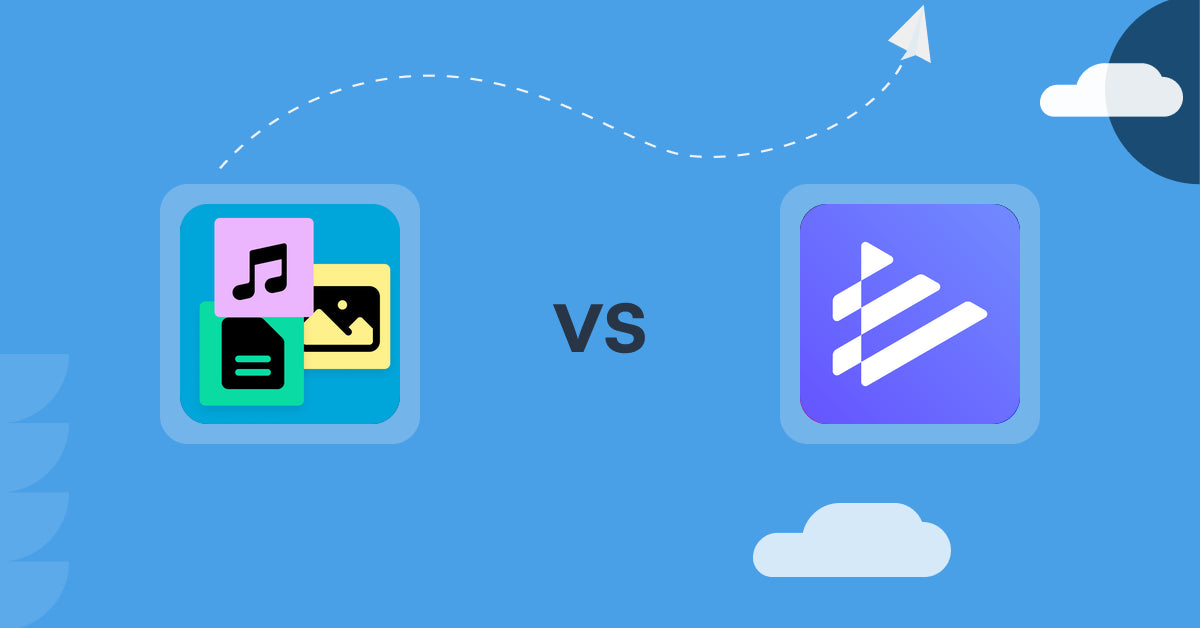
Shopify Digital Products Apps: Digitally ‑ Digital Products vs Tuneboom
Read more
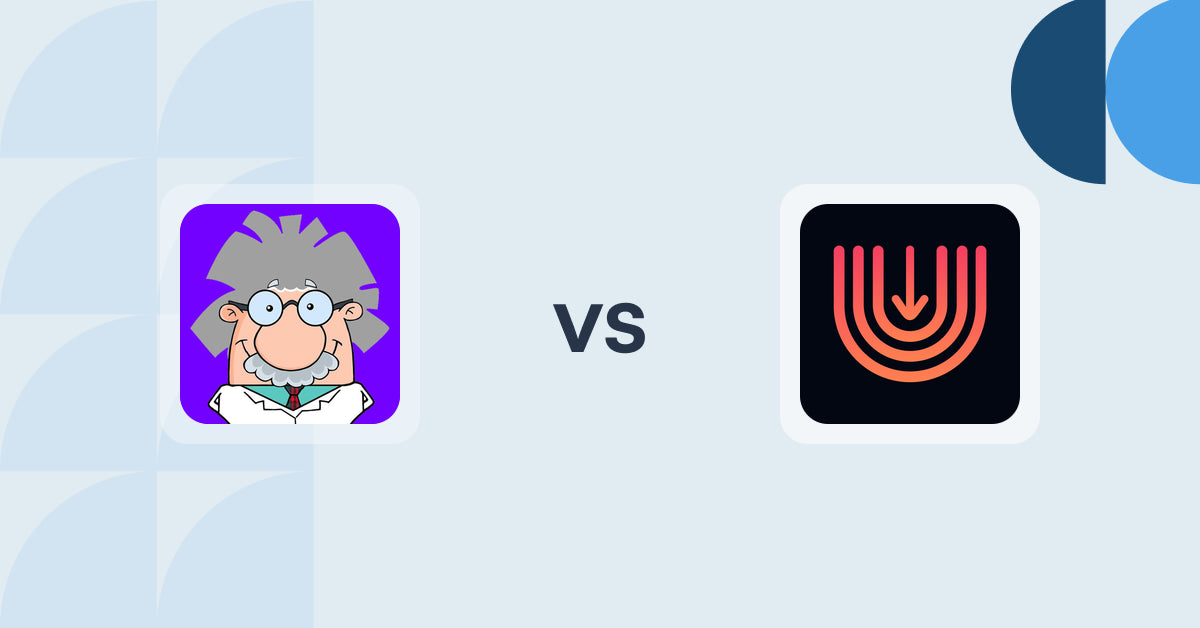
Shopify Digital Products Apps: DrDownload Digital Downloads vs Digital Downloads ‑ Wire
Read more
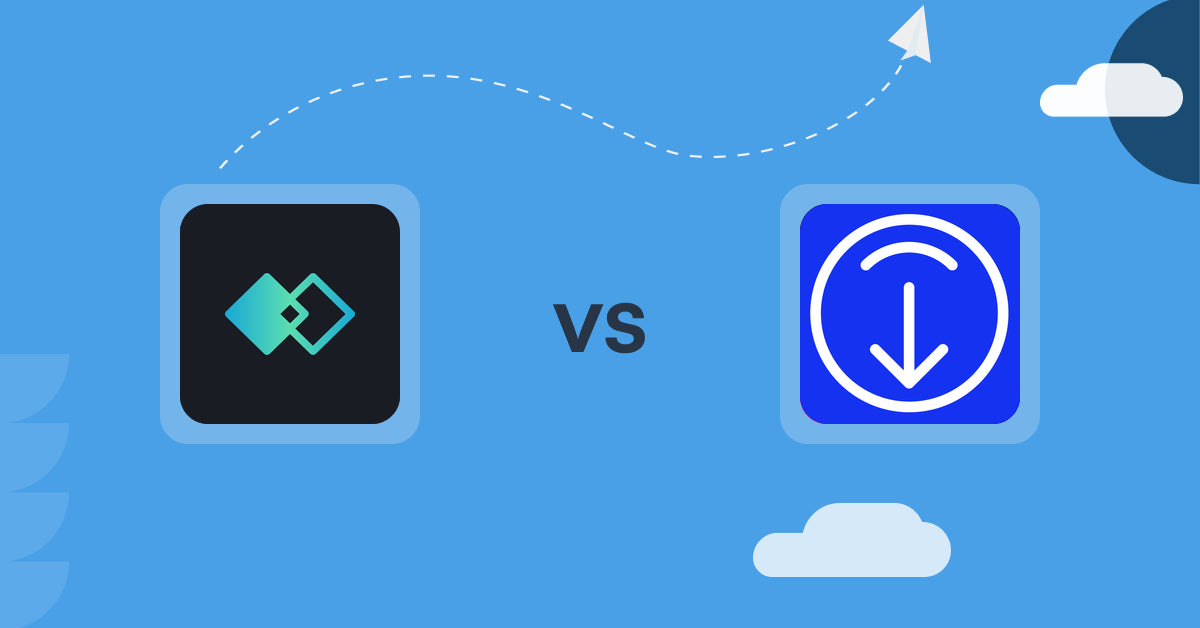
Shopify Digital Products Apps: DPL ‑ Selling Codes App vs Digital Downloads ‑ Digitalify
Read more
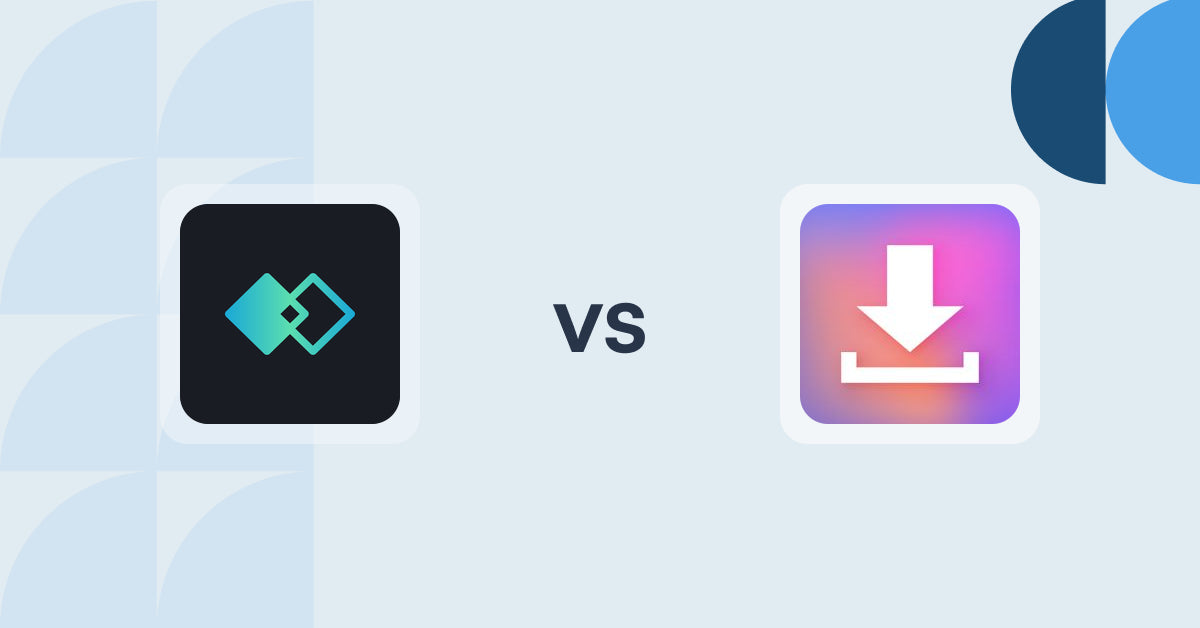
Shopify Digital Products Apps: DPL ‑ Selling Codes app vs Simply Digital Download
Read more
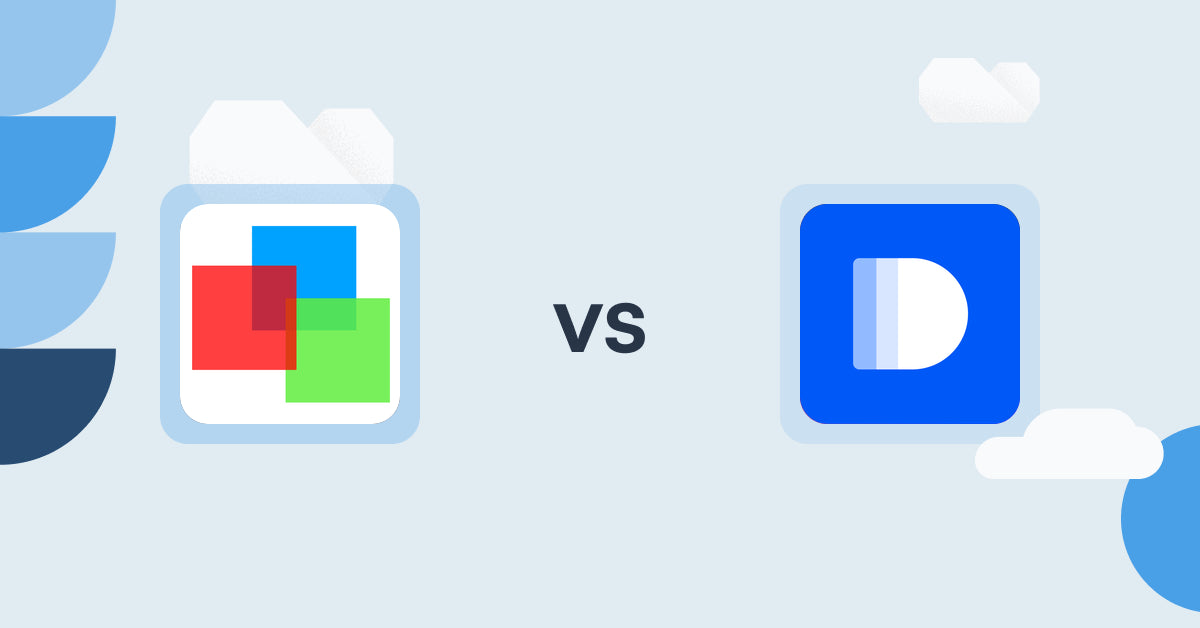
Shopify Digital Products Apps: FetchApp vs Create & Sell Digital Products
Read more
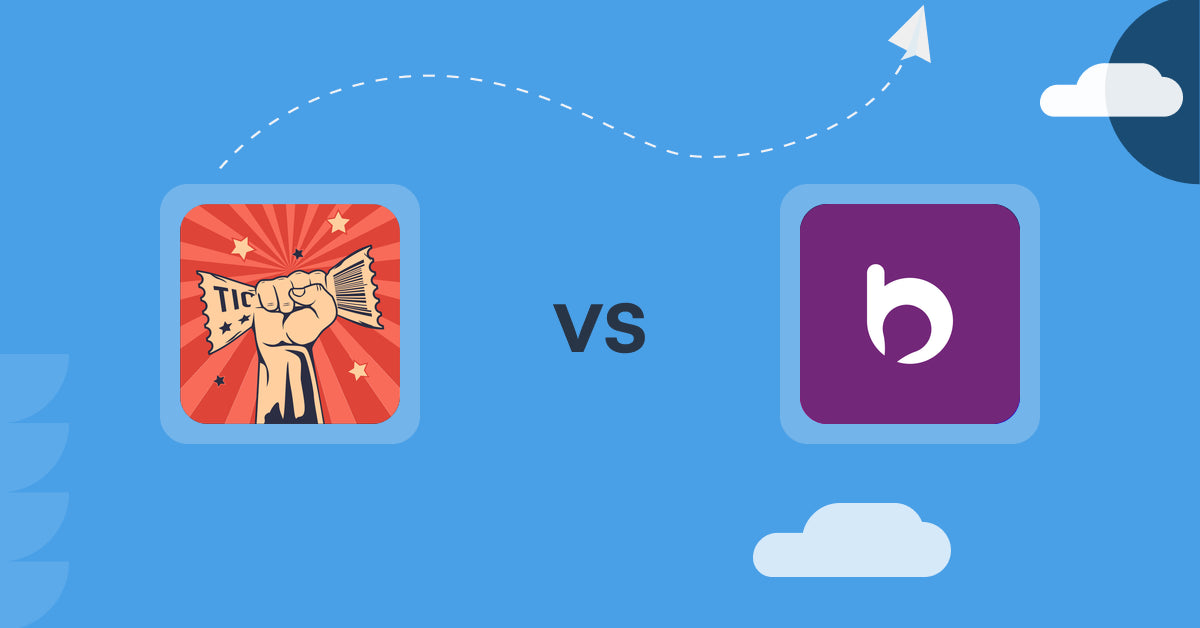
Shopify Digital Products Apps: Event Ticketing vs Binkey Bursements
Read more
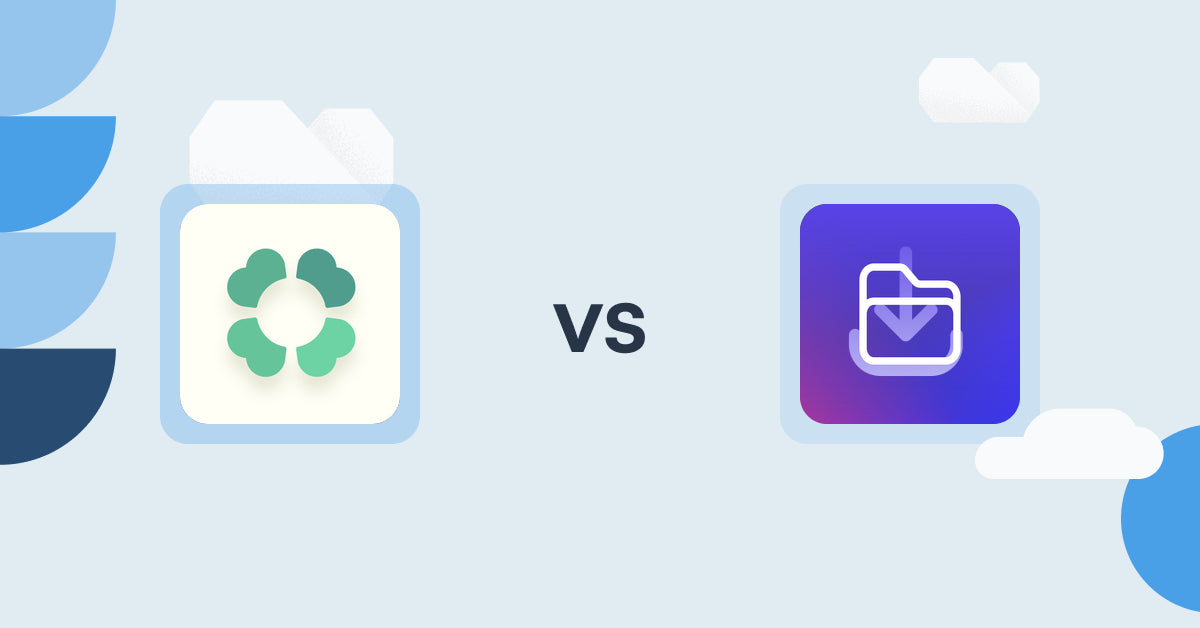
Shopify Digital Products Apps: Carbon‑Neutral Shipping vs. File Vault Pro
Read more
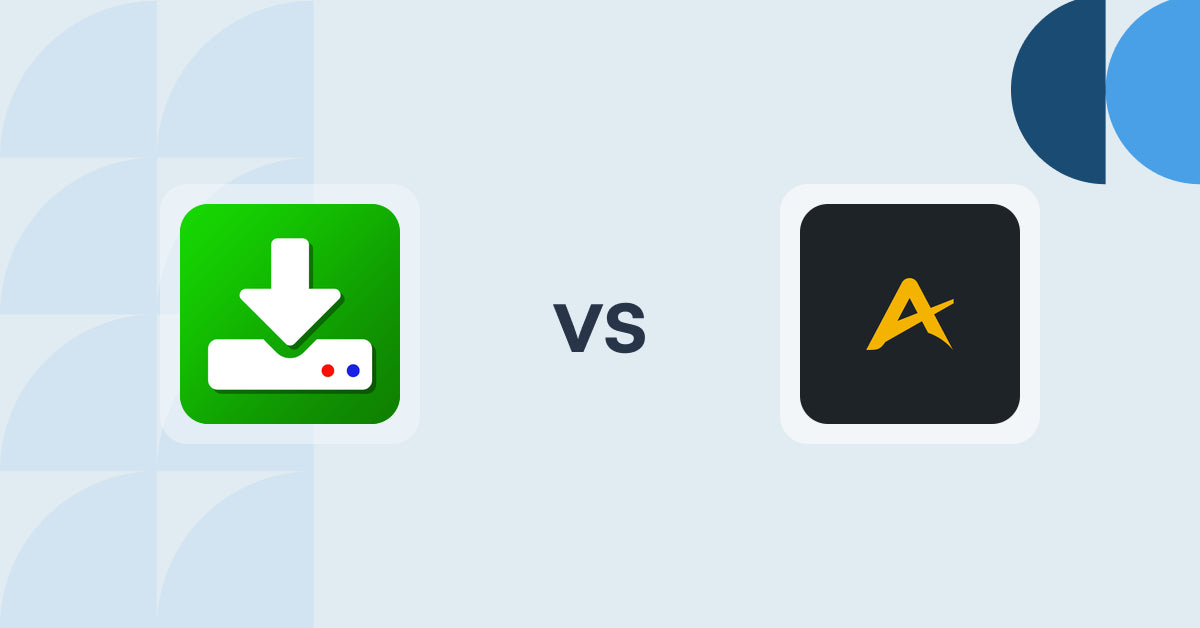
Shopify Digital Products Apps: Uplinkly Digital Downloads vs Arc ‑ Digital Content Sales
Read more
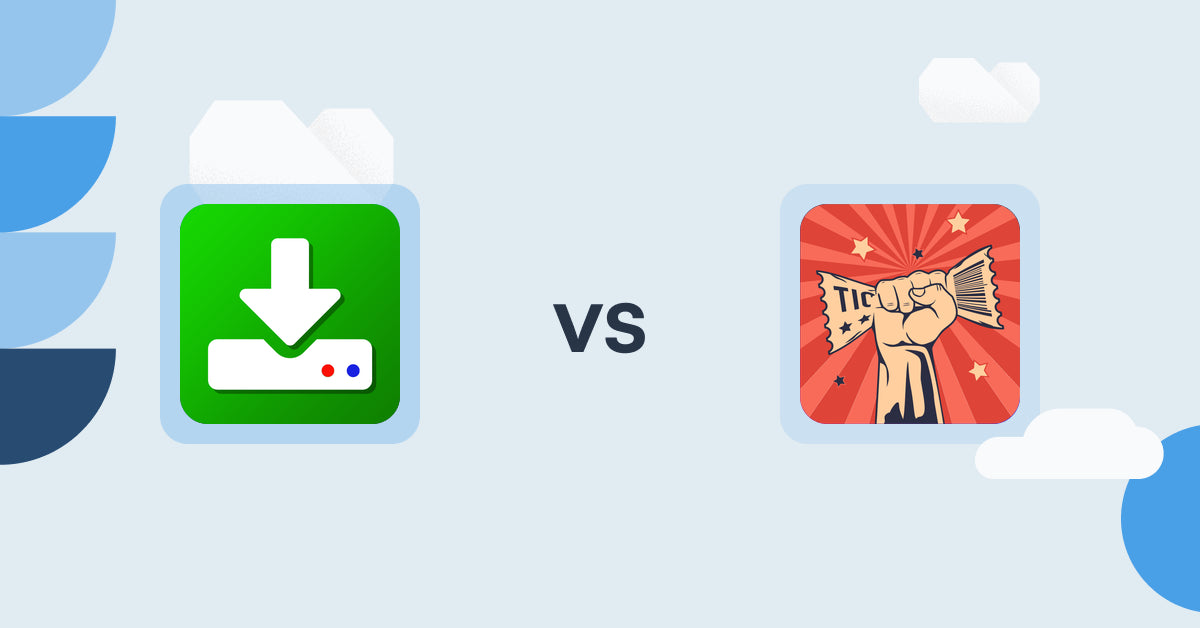
Shopify Digital Products Apps: Uplinkly Digital Downloads vs Event Ticketing
Read more
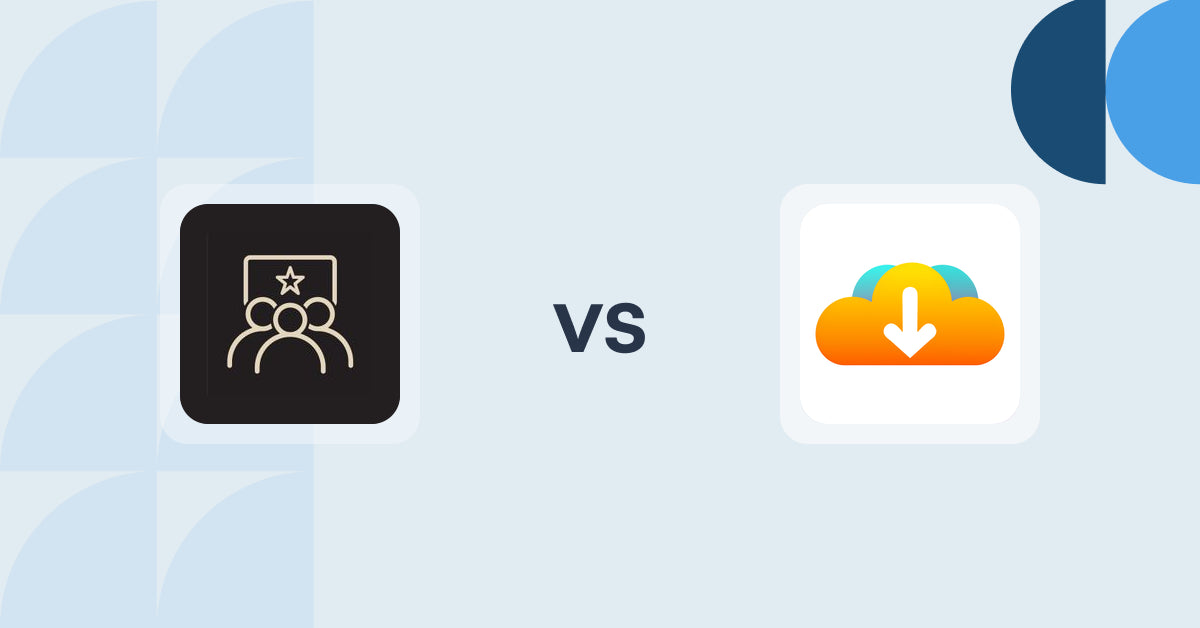
Shopify Digital Products Apps: Conjured Memberships vs LinkIT ‑ Sell Digital Products
Read more
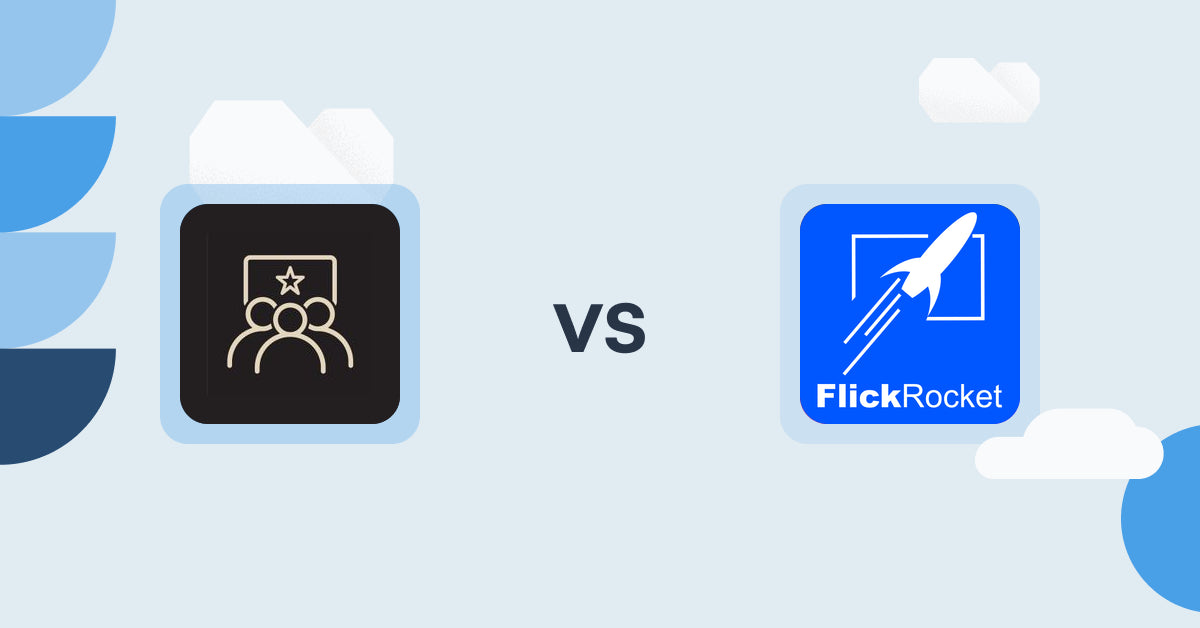
Shopify Digital Products Apps: Conjured Memberships vs Digital Content Sales with DRM
Read more
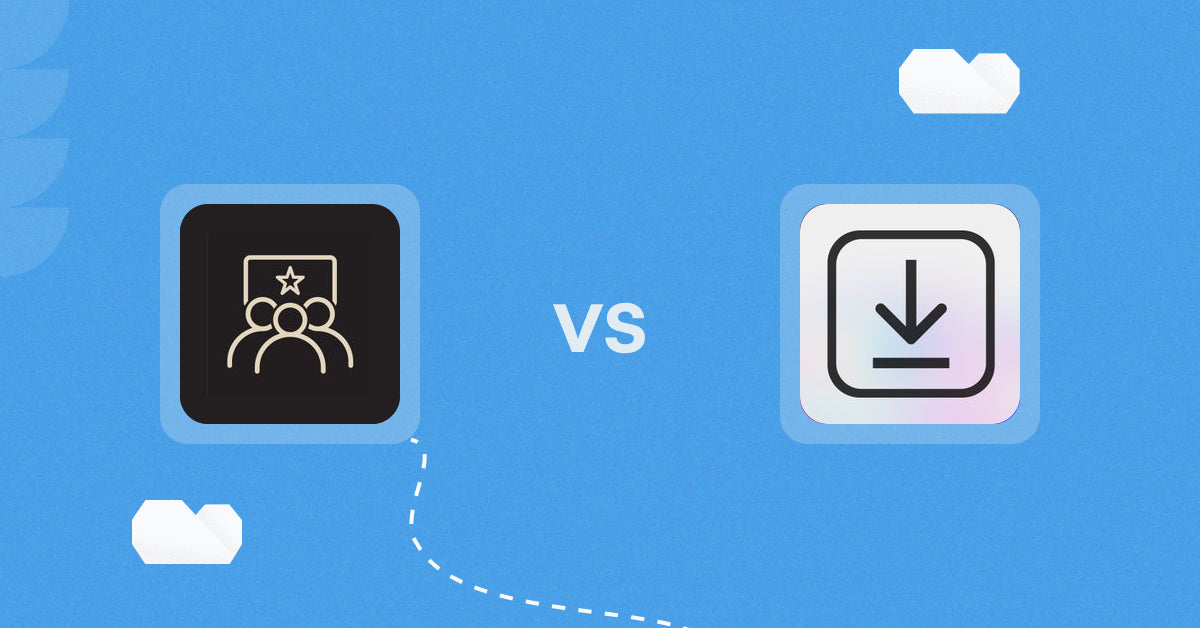
Shopify Digital Products Apps: Conjured Memberships vs Linkcase ‑ Digital Products
Read more
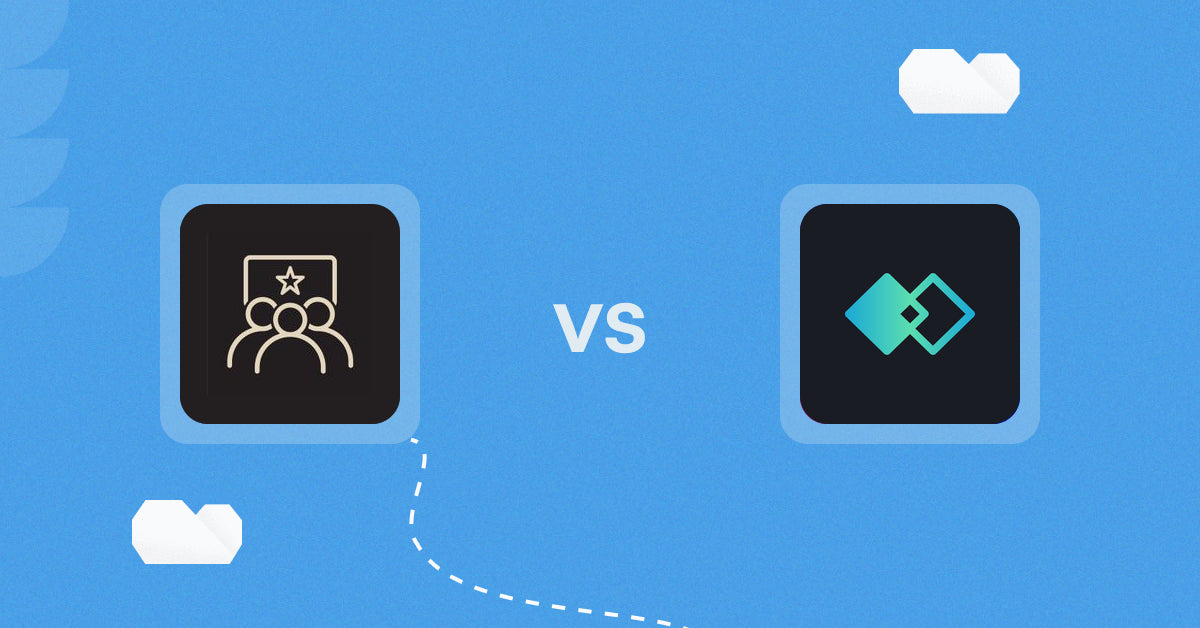
Shopify Digital Products Apps: Conjured Memberships vs. DPL ‑ Selling Codes App
Read more
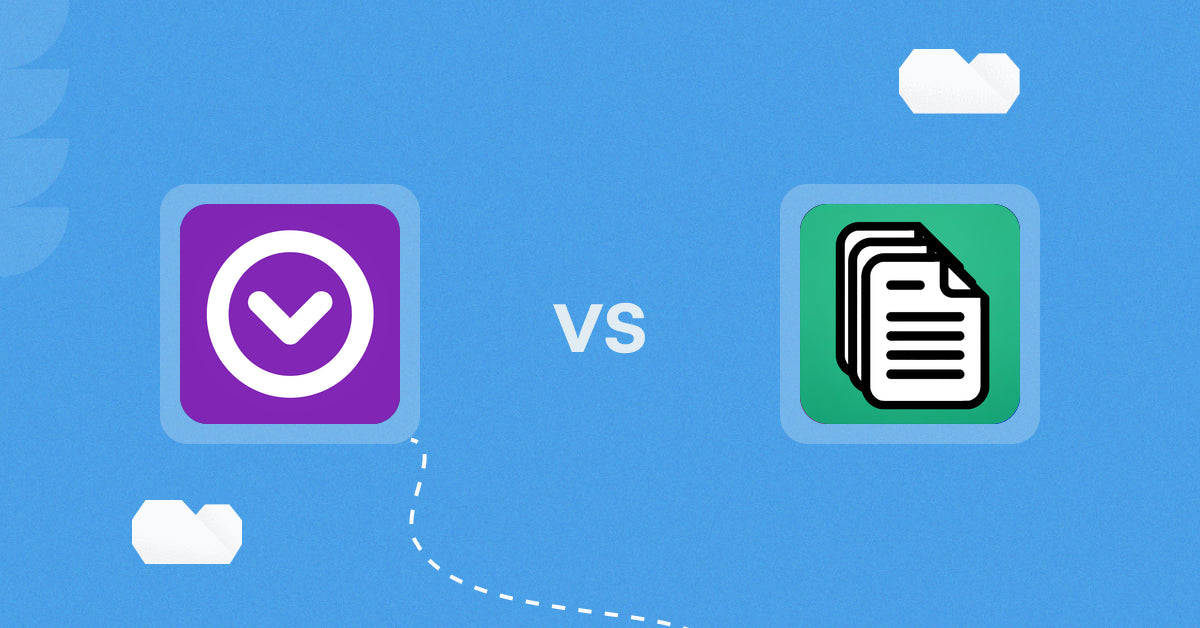
Shopify Digital products Apps: Single ‑ Video & Music vs OrderDocs Pro Print & Email
Read more
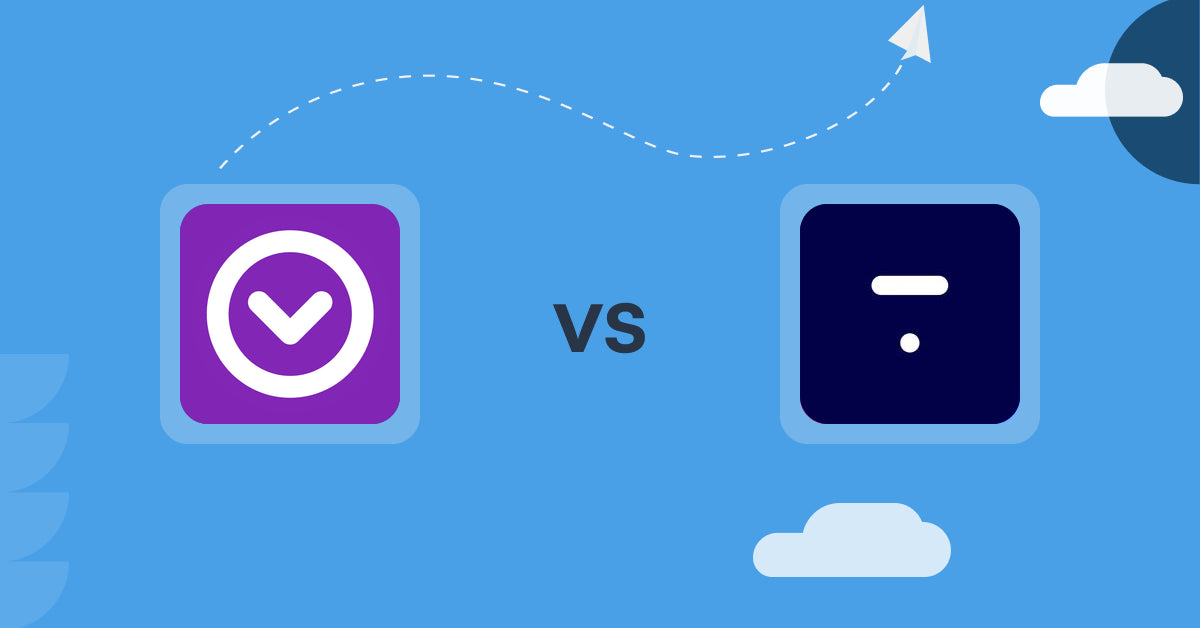
Shopify Digital Products Apps: Single ‑ Video & Music vs Thinkific ‑ Online Courses
Read more
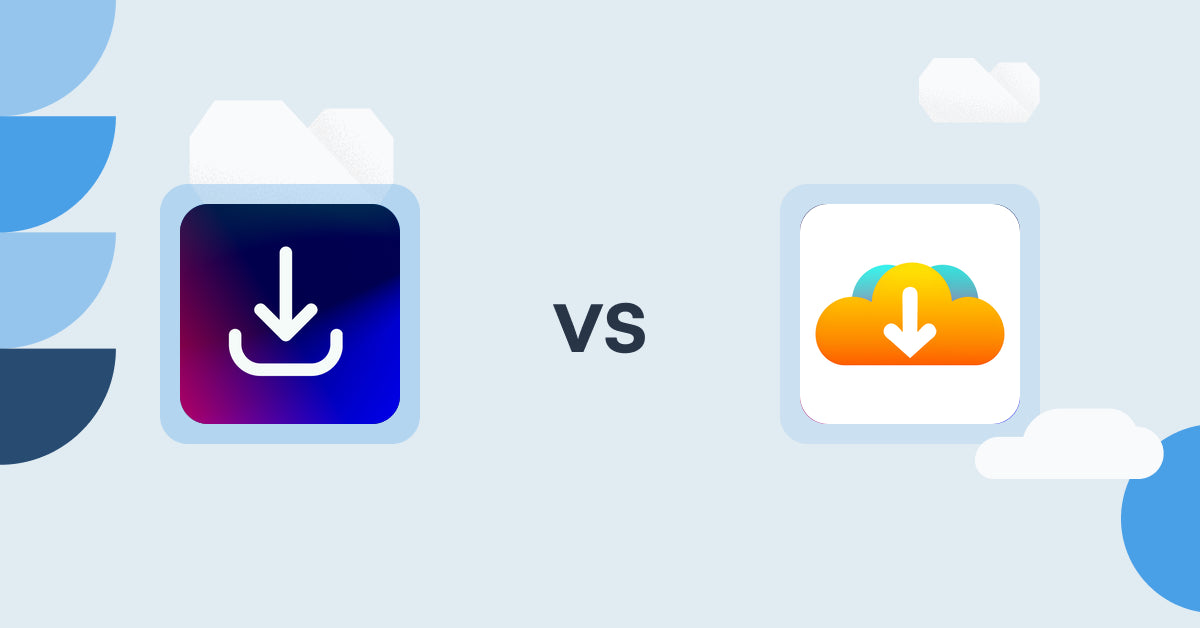
Shopify Digital Products Apps: Digital Downloads ‑ Sellkite vs LinkIT ‑ Sell Digital Products
Read more
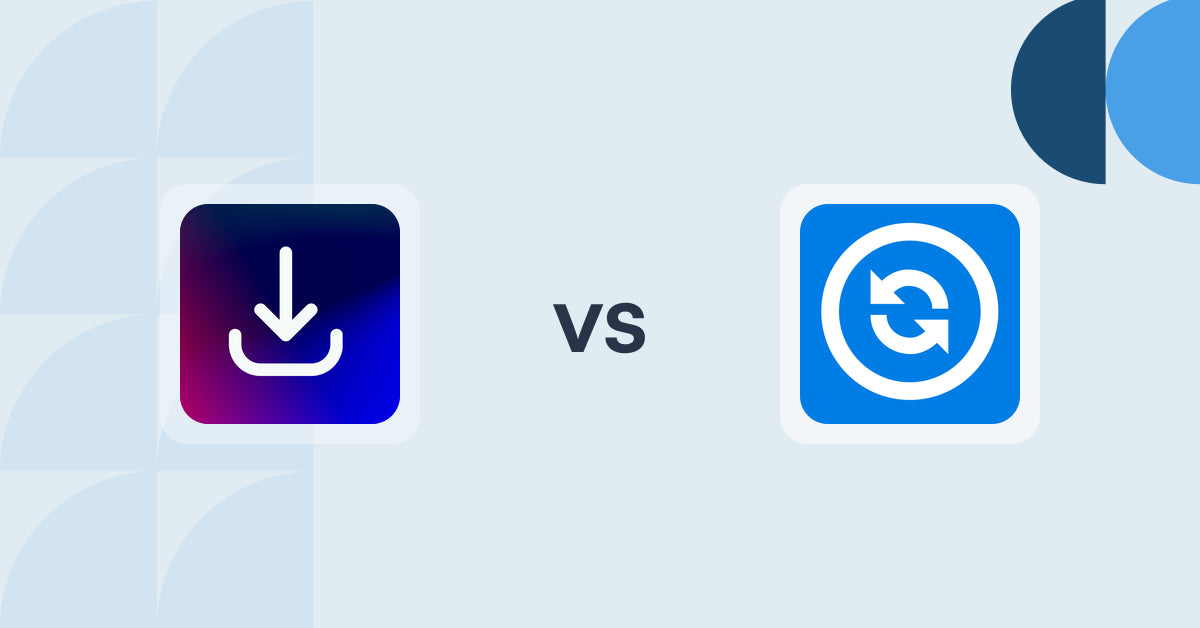
Shopify Digital Products Apps: Digital Downloads ‑ Sellkite vs ShopShare
Read more
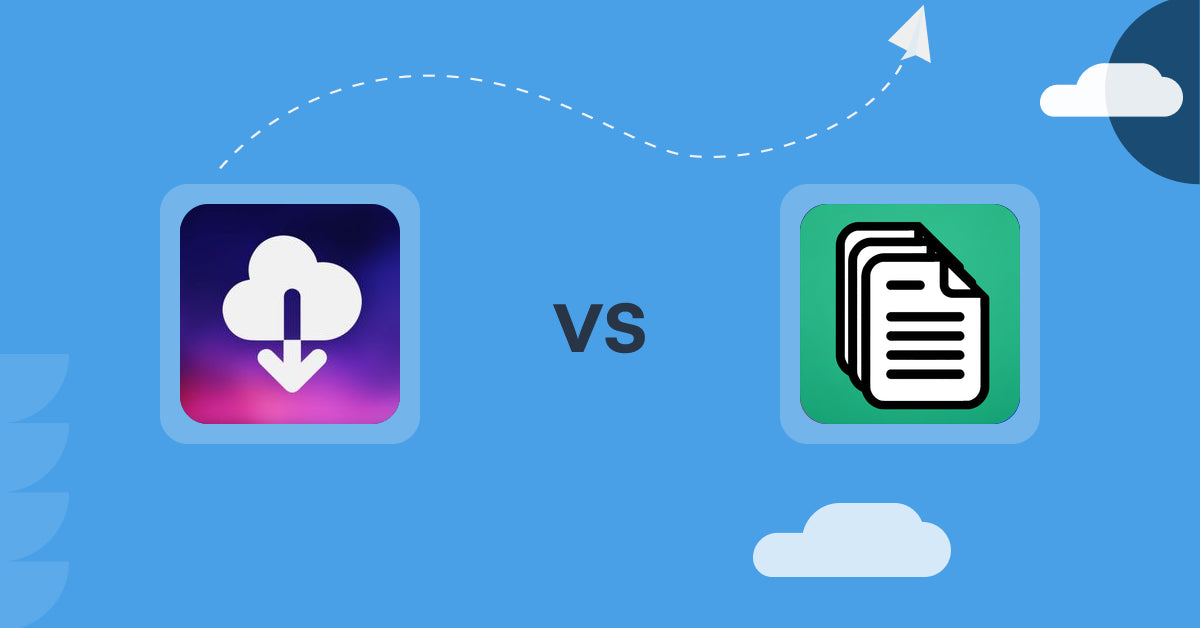
Shopify Digital Products Apps: Fileflare Digital Downloads vs OrderDocs Pro Print & Email
Read more
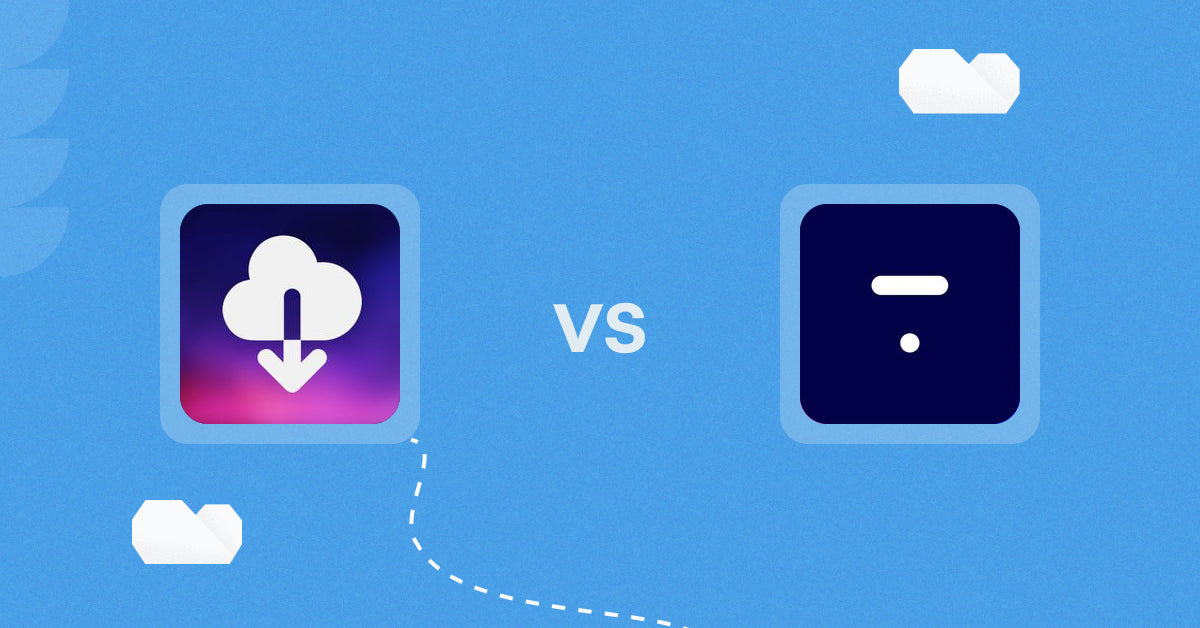
Shopify Digital Products Apps: Fileflare Digital Downloads vs Thinkific ‑ Online Courses
Read more






